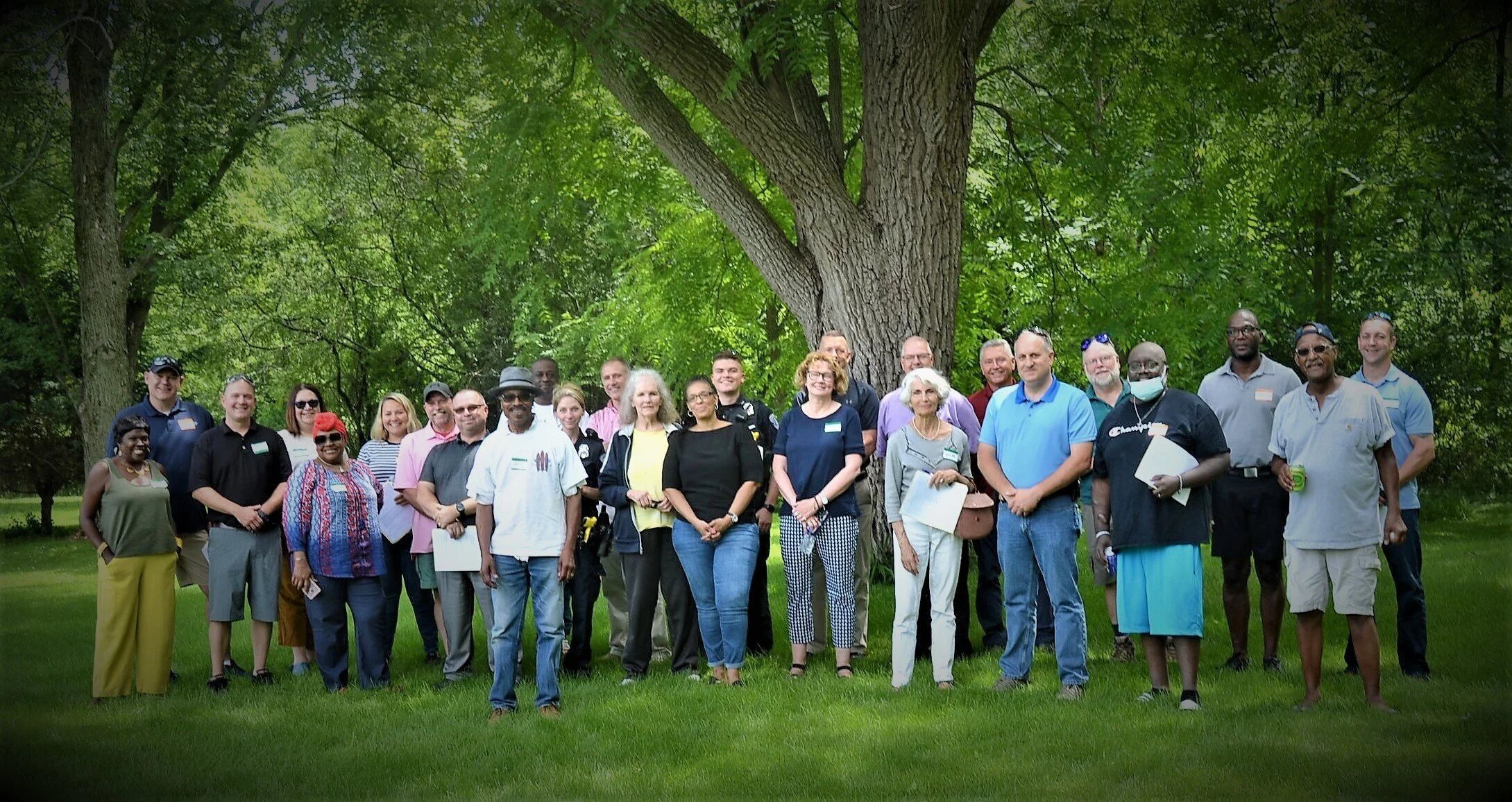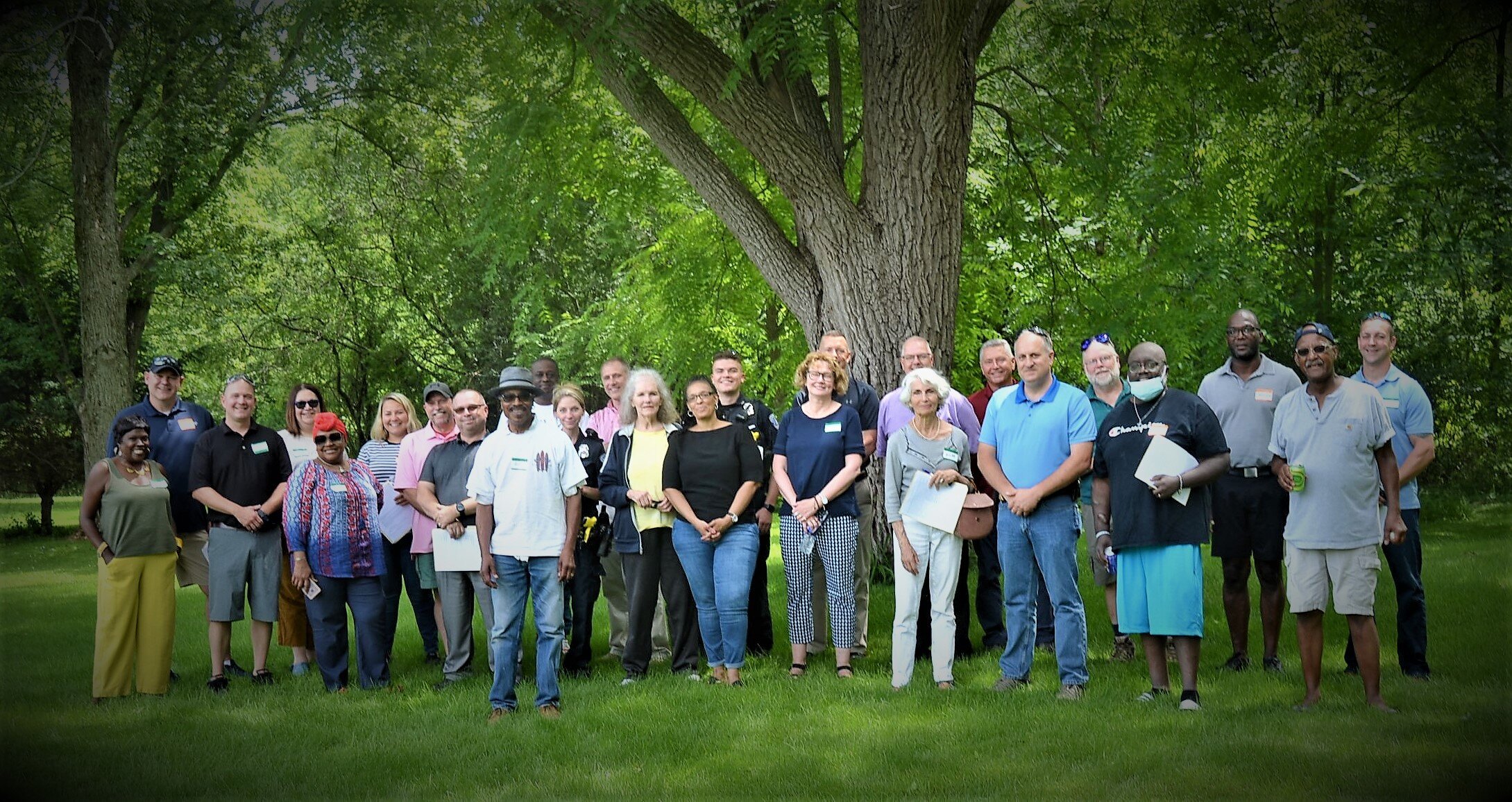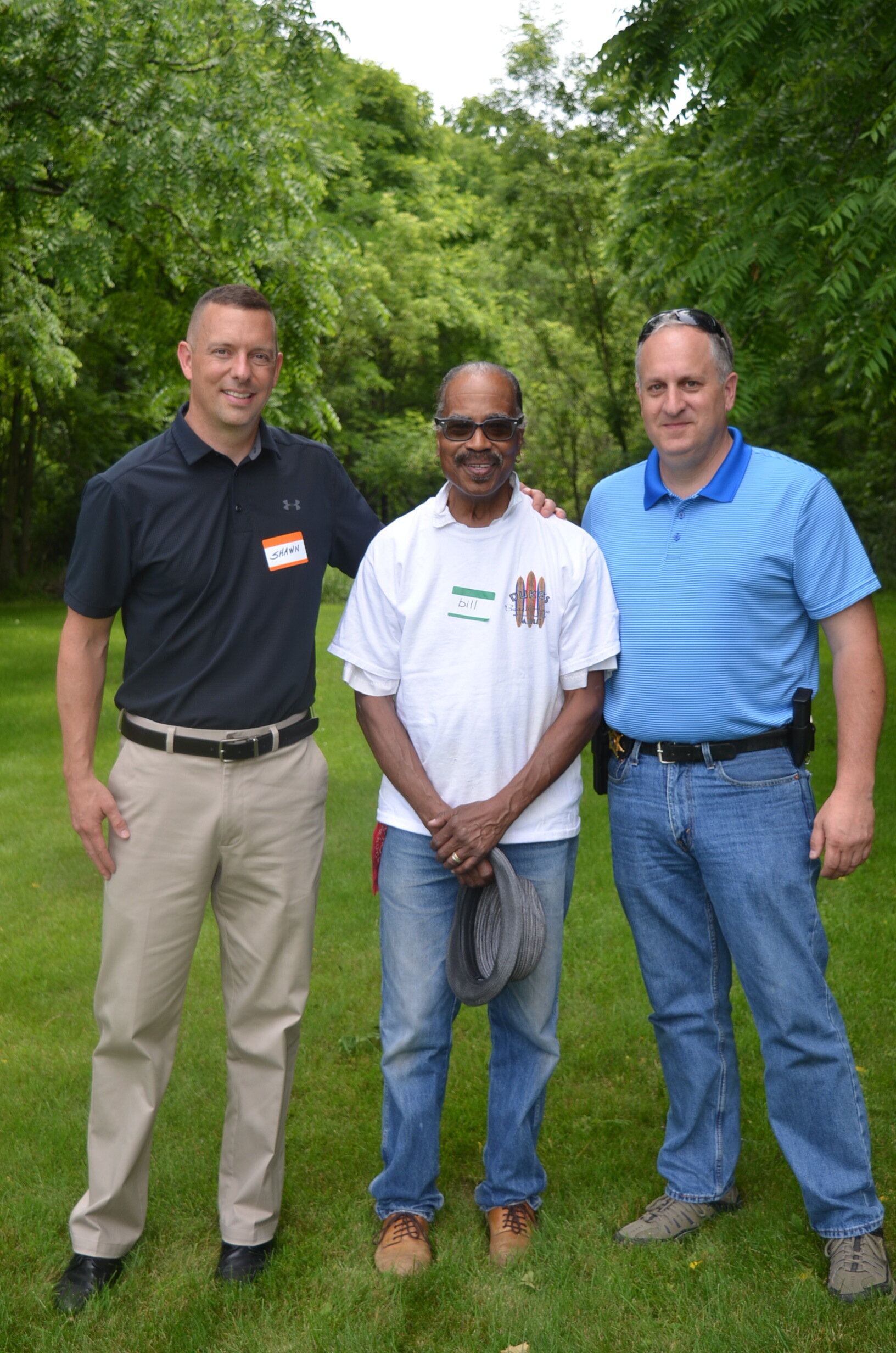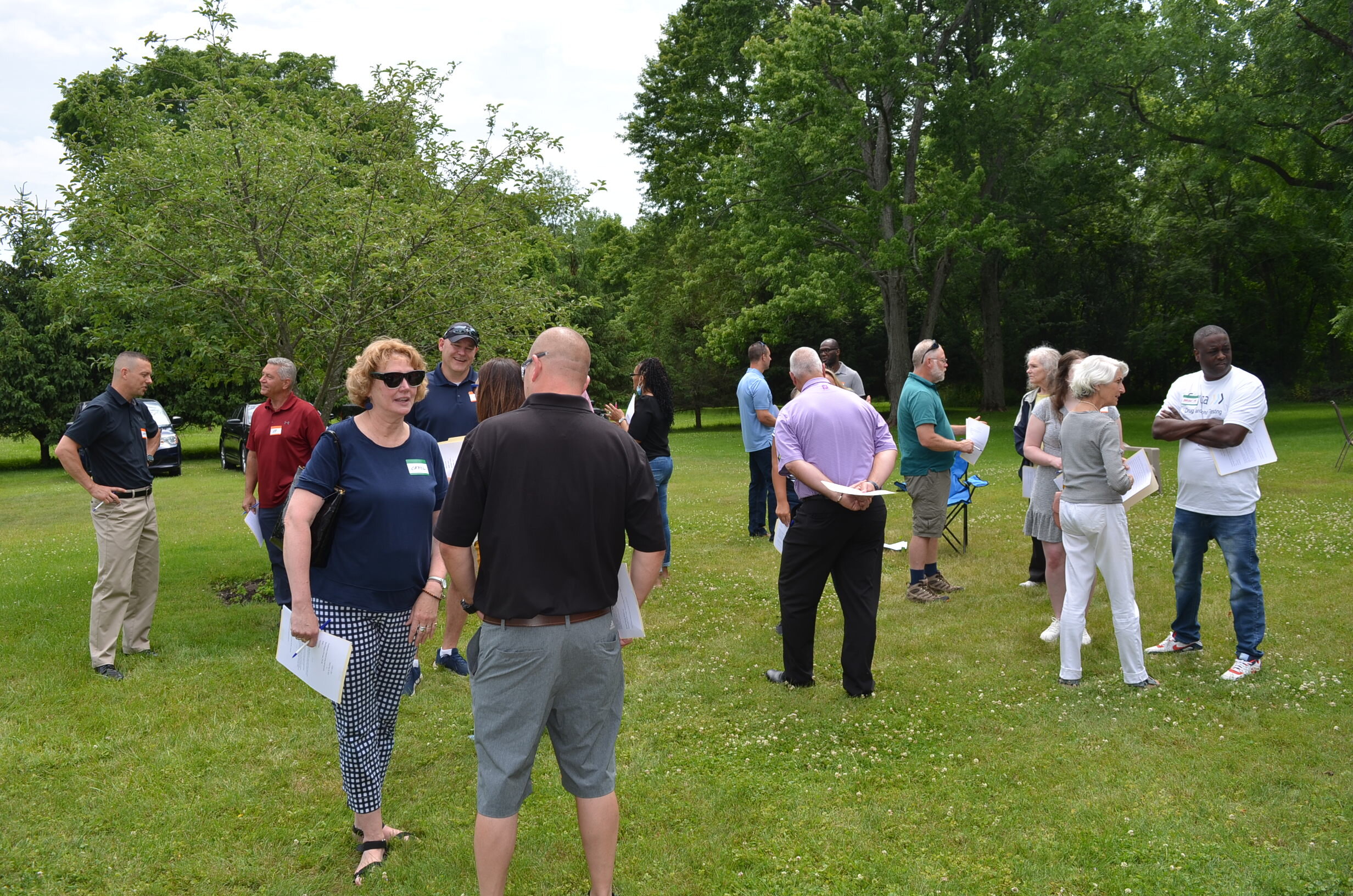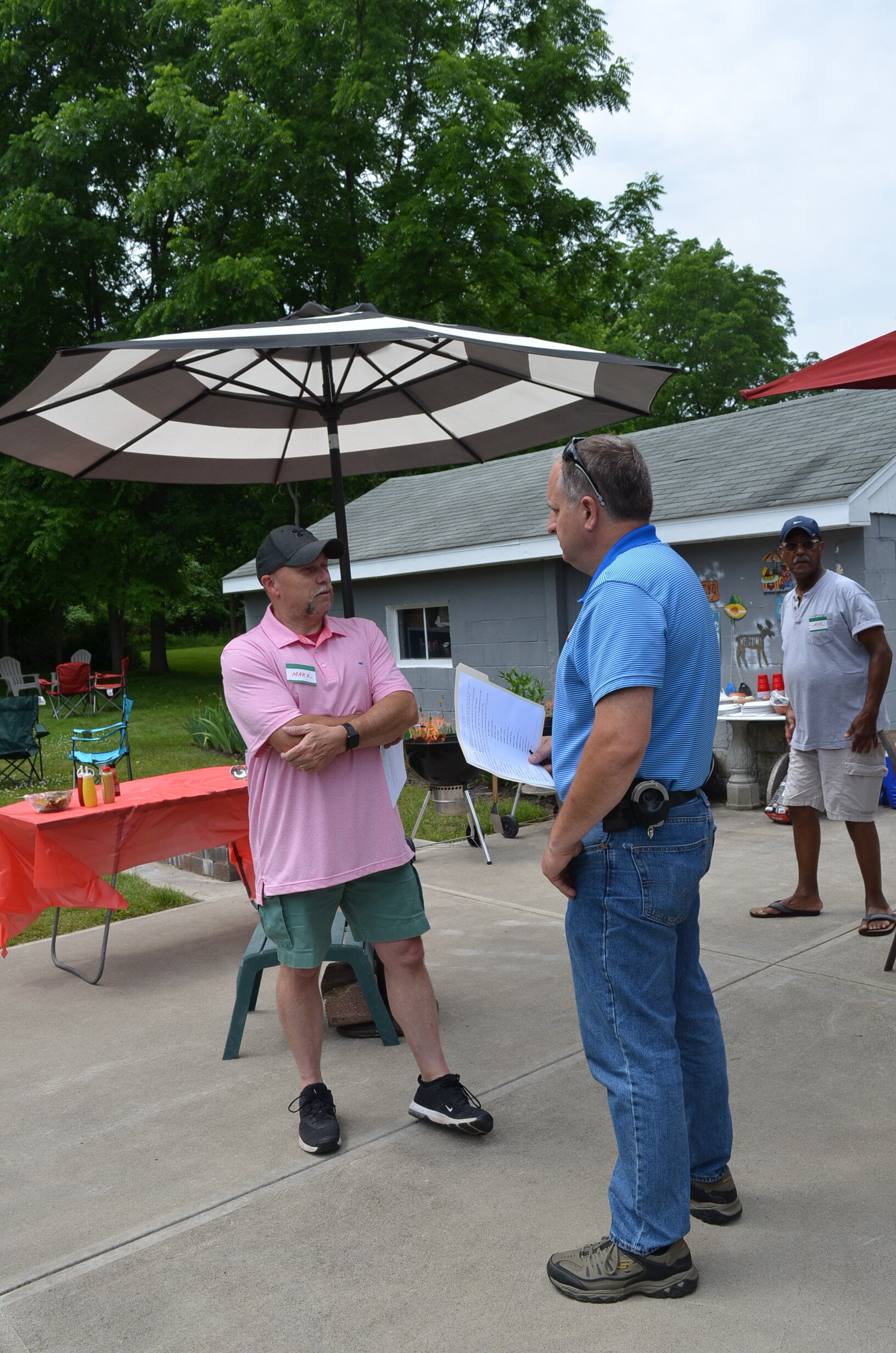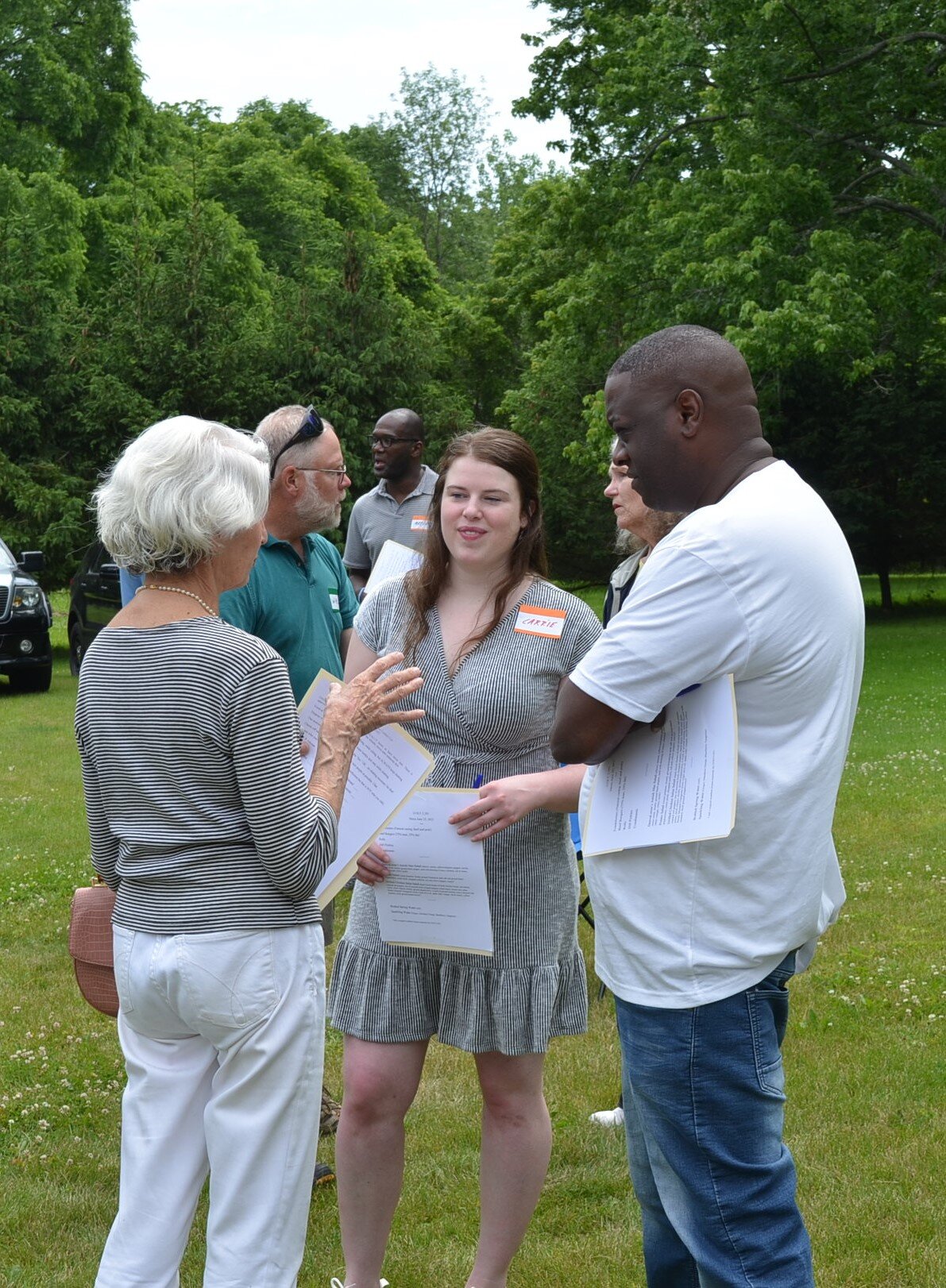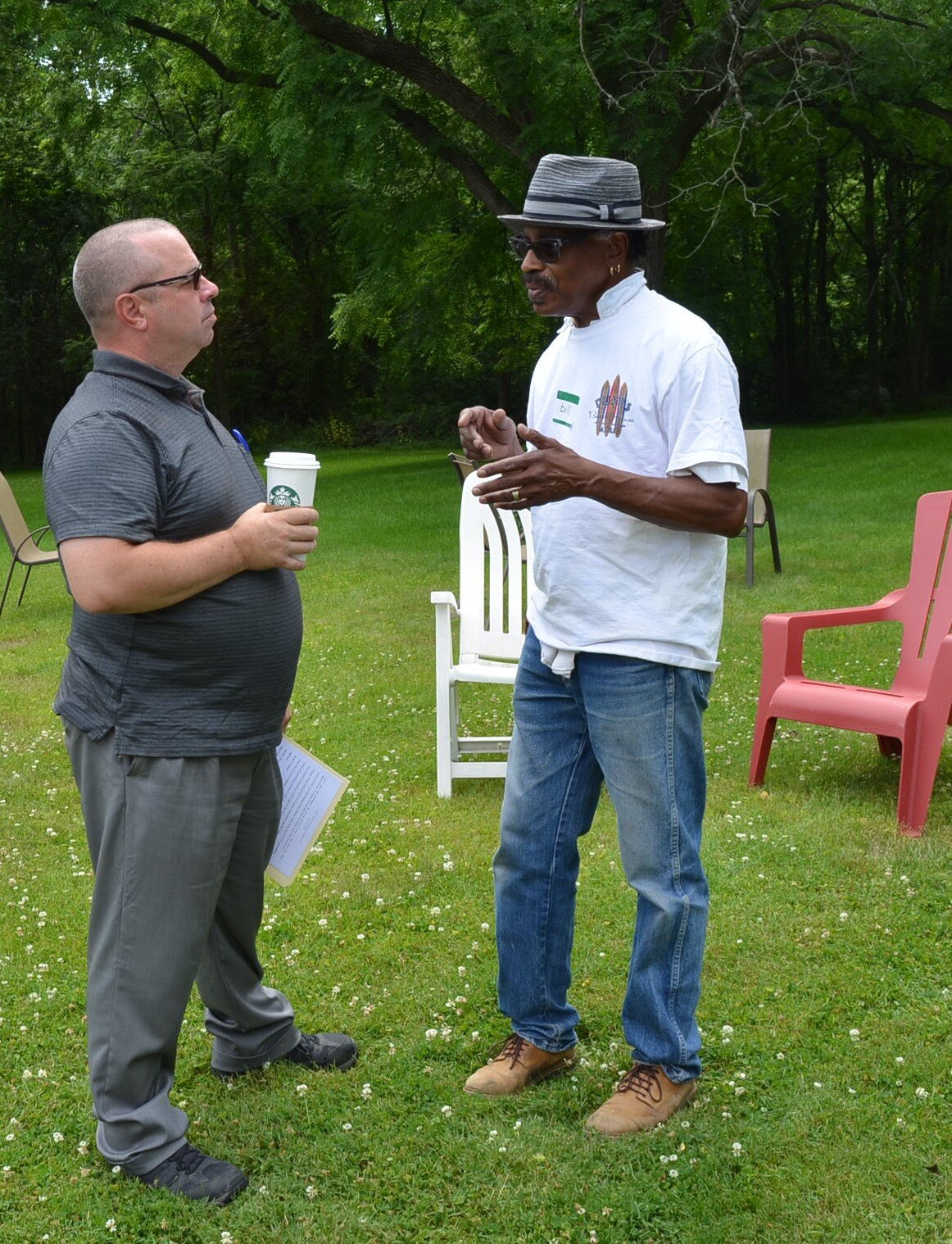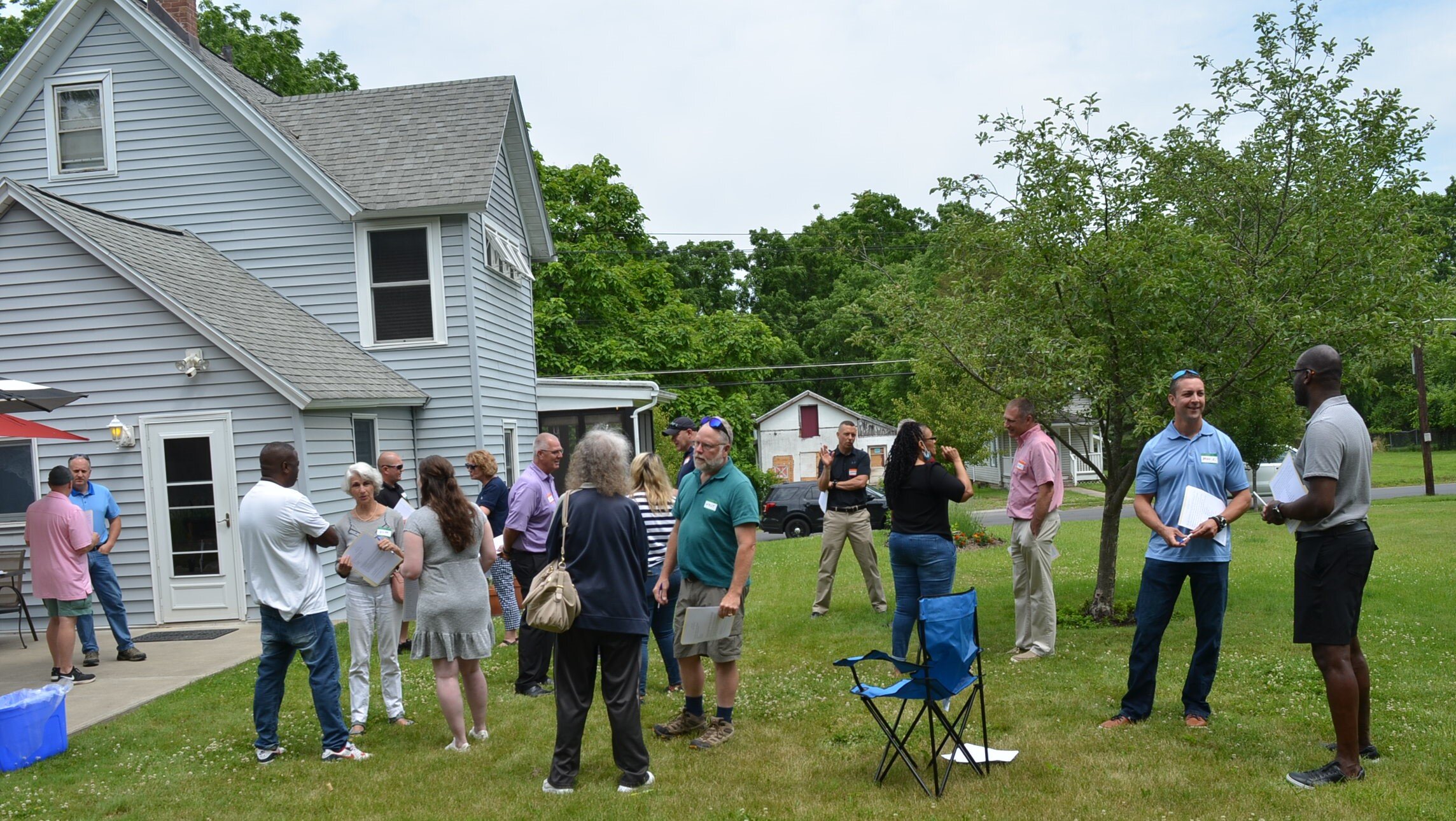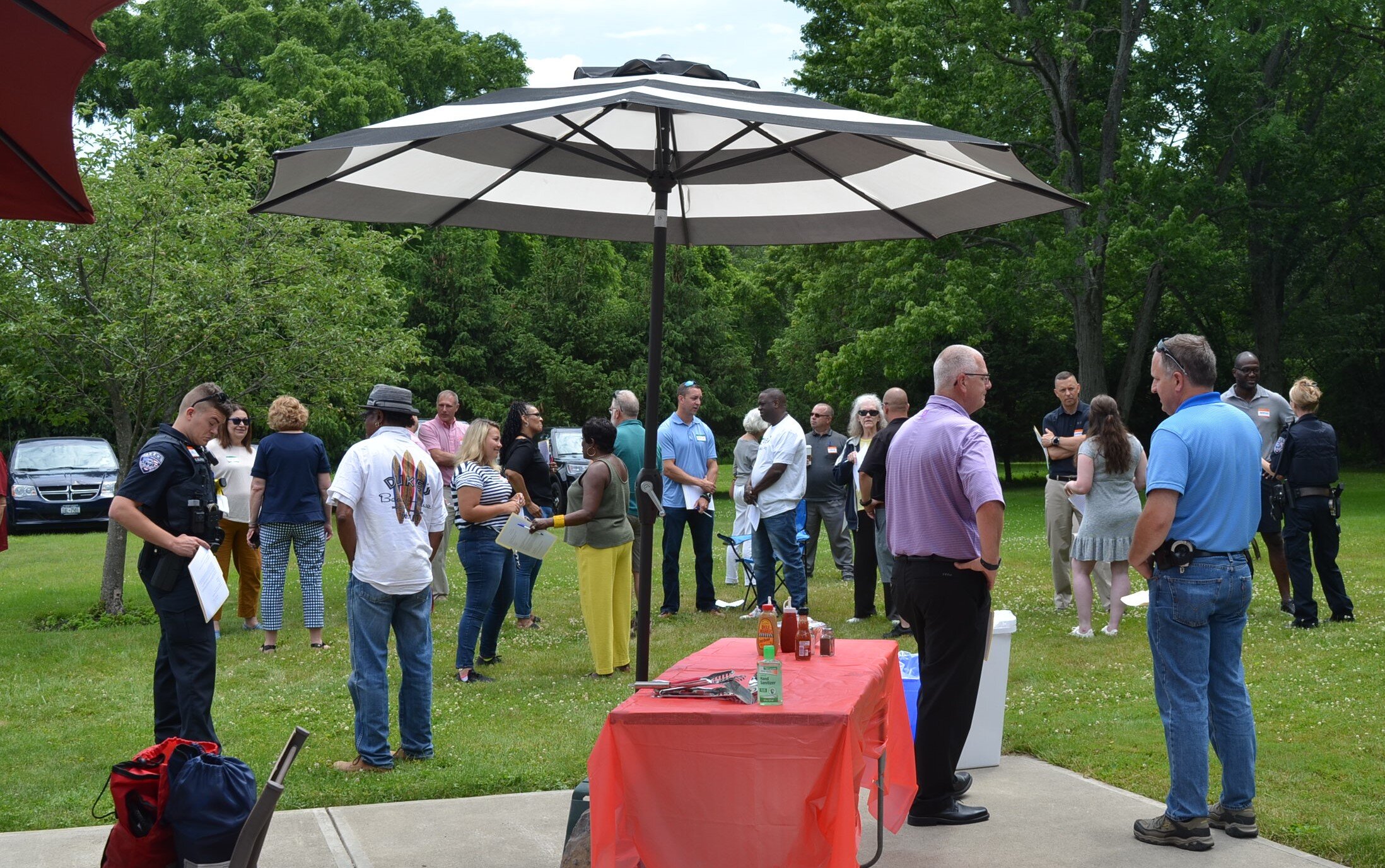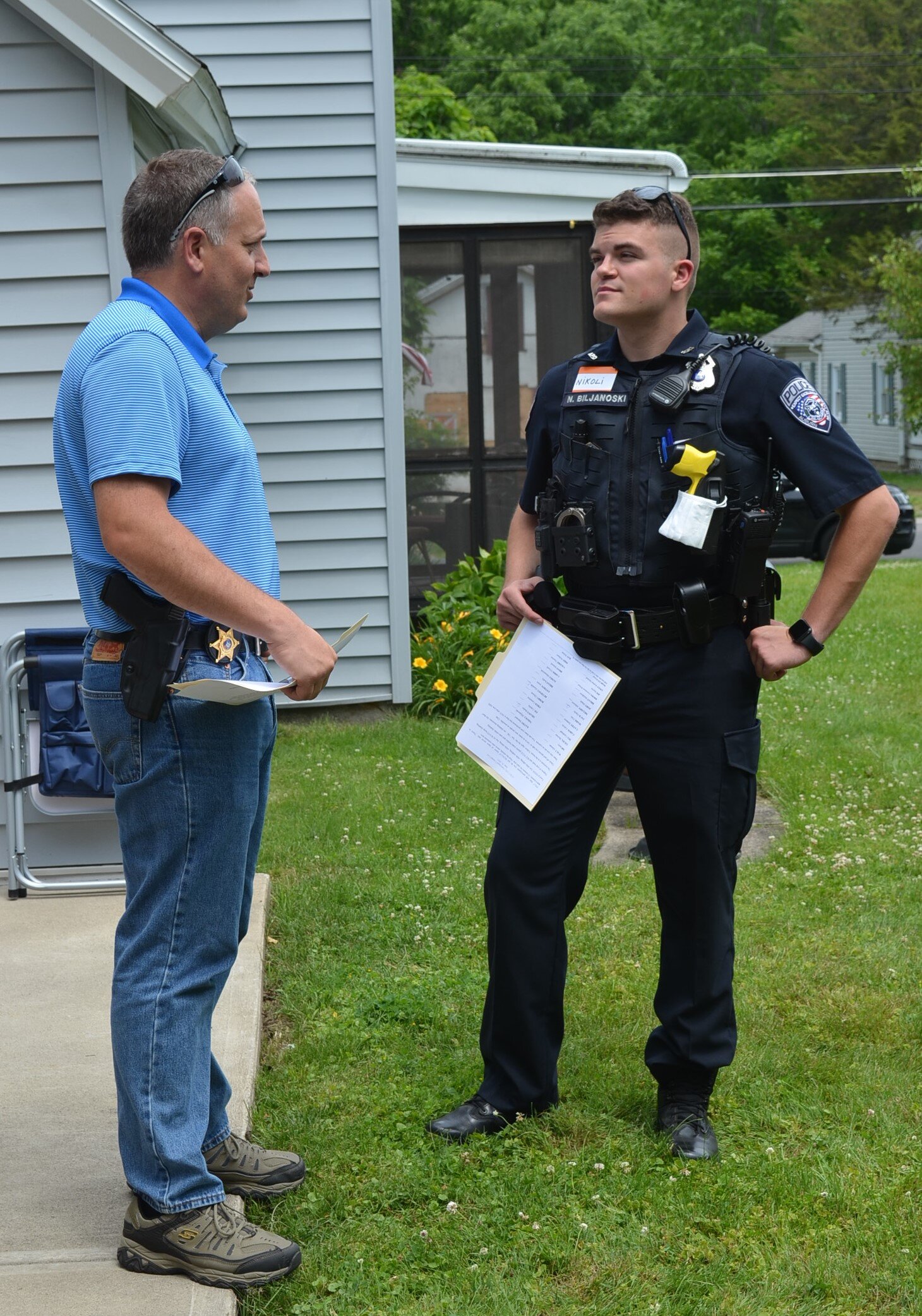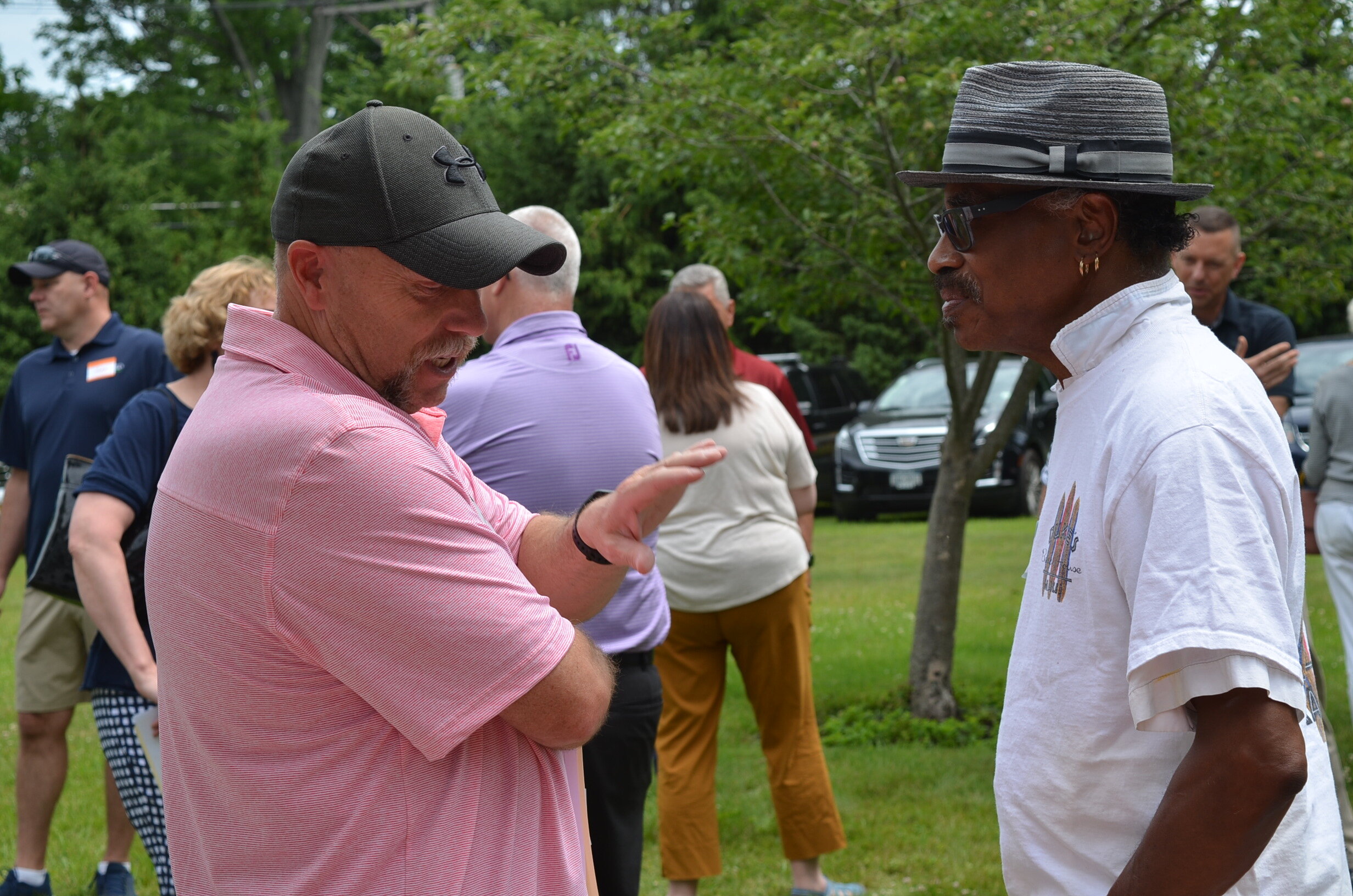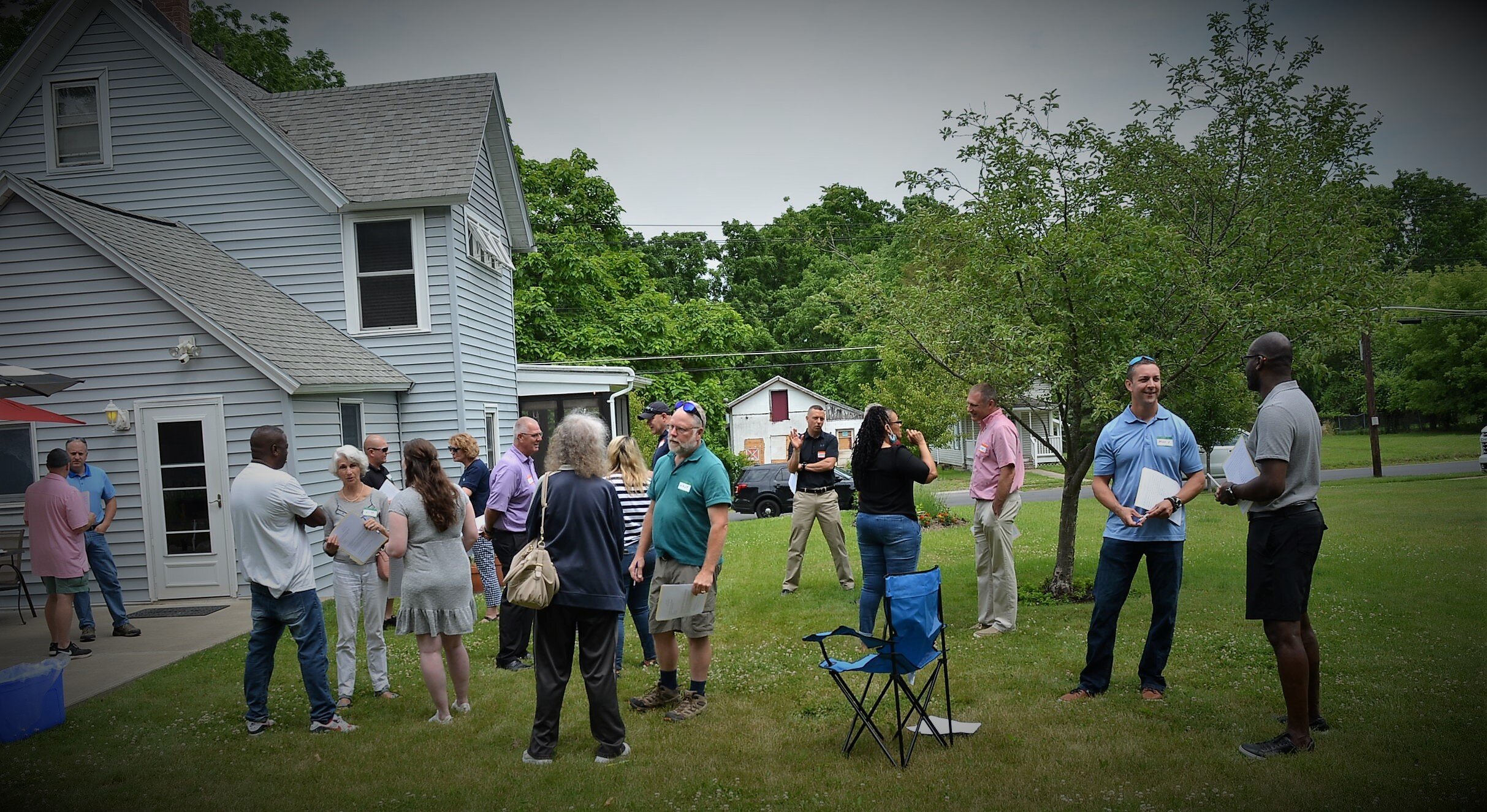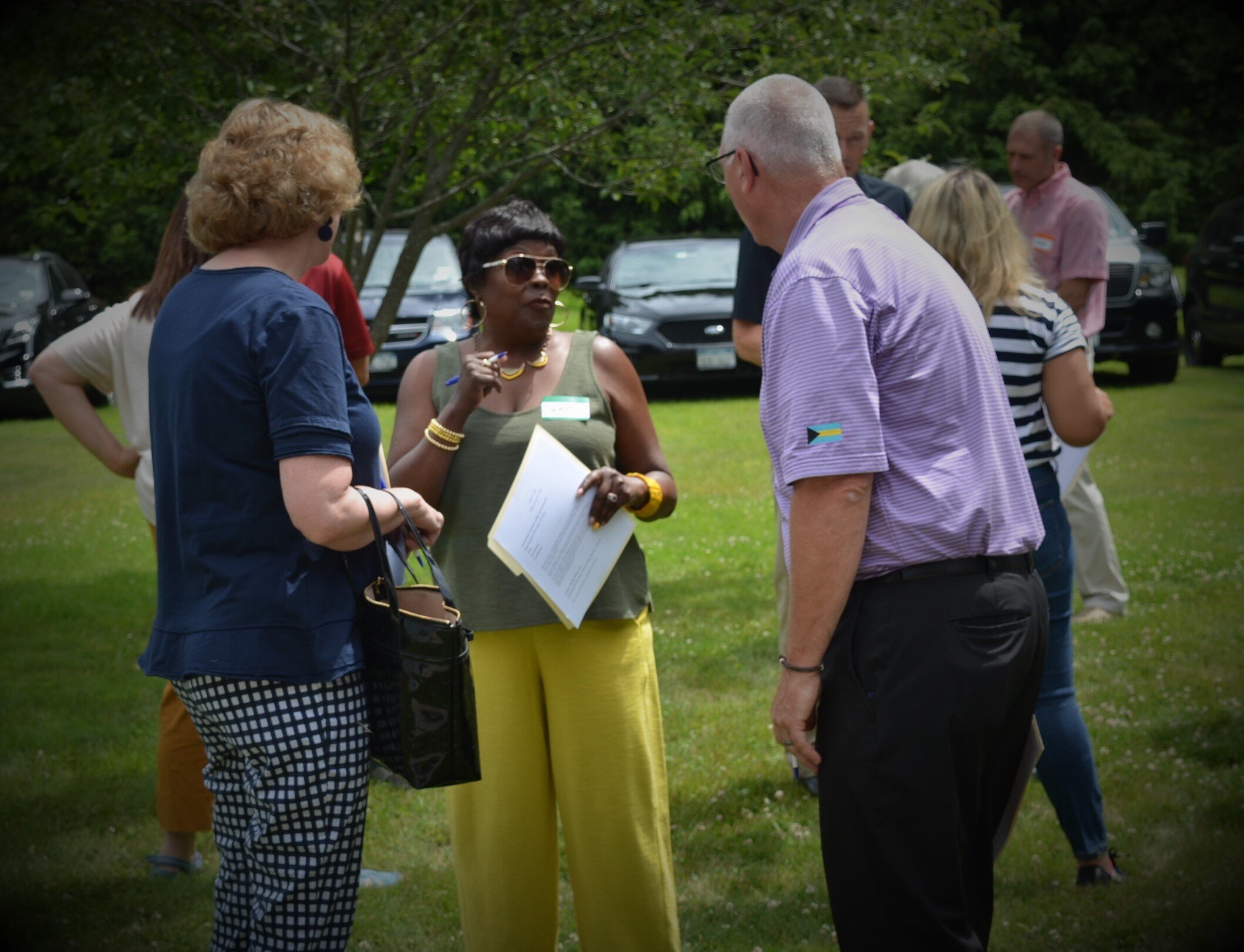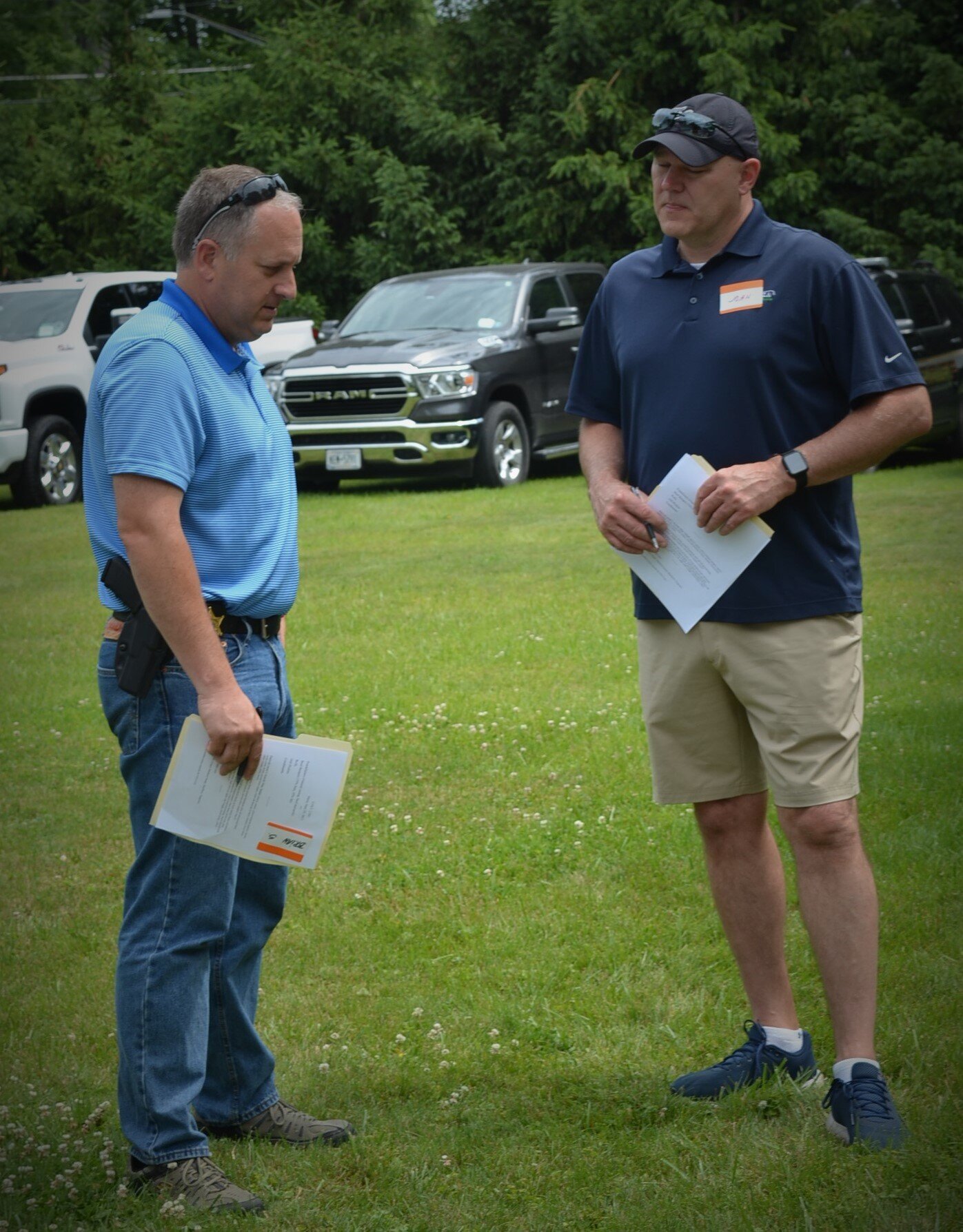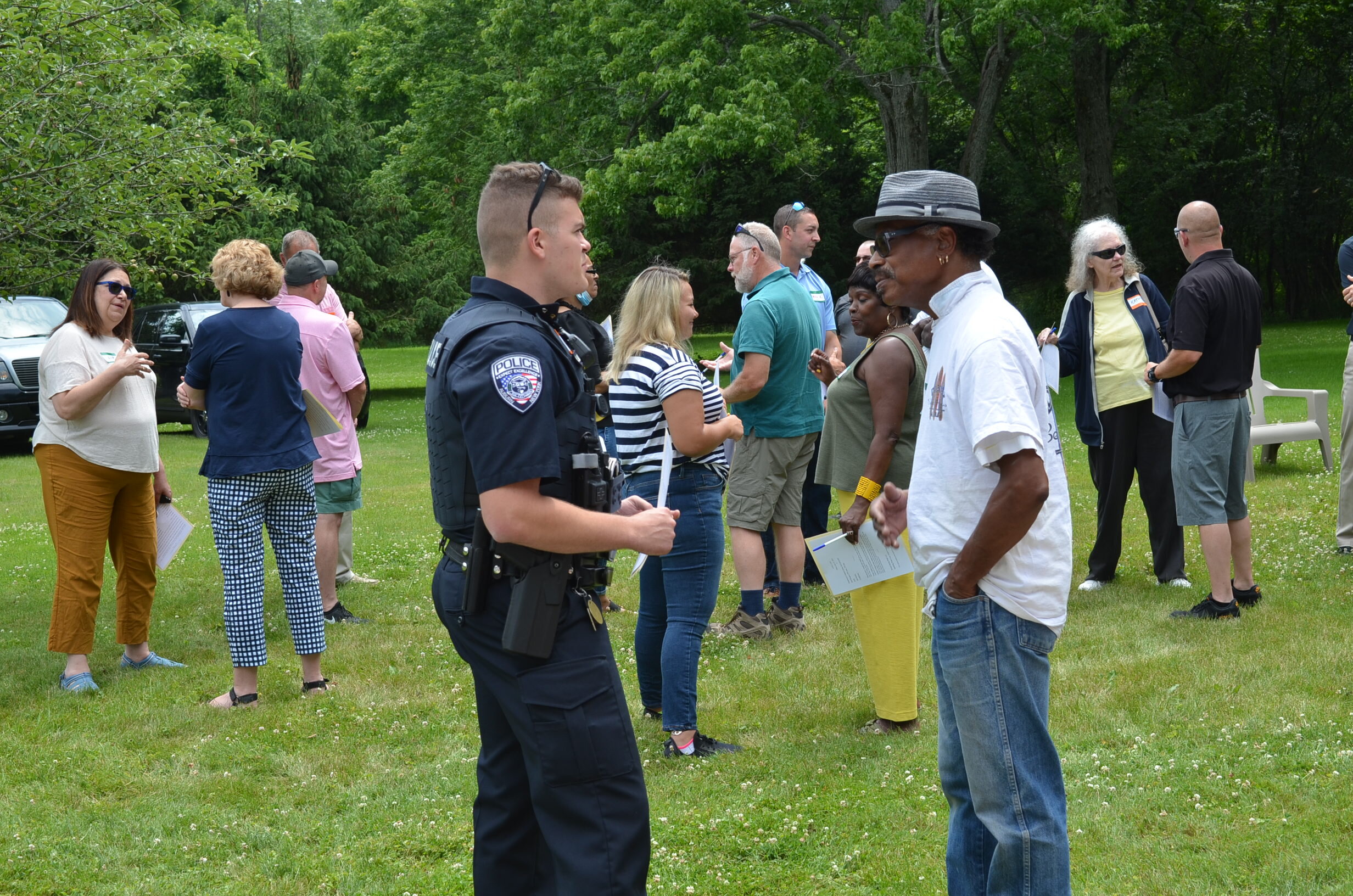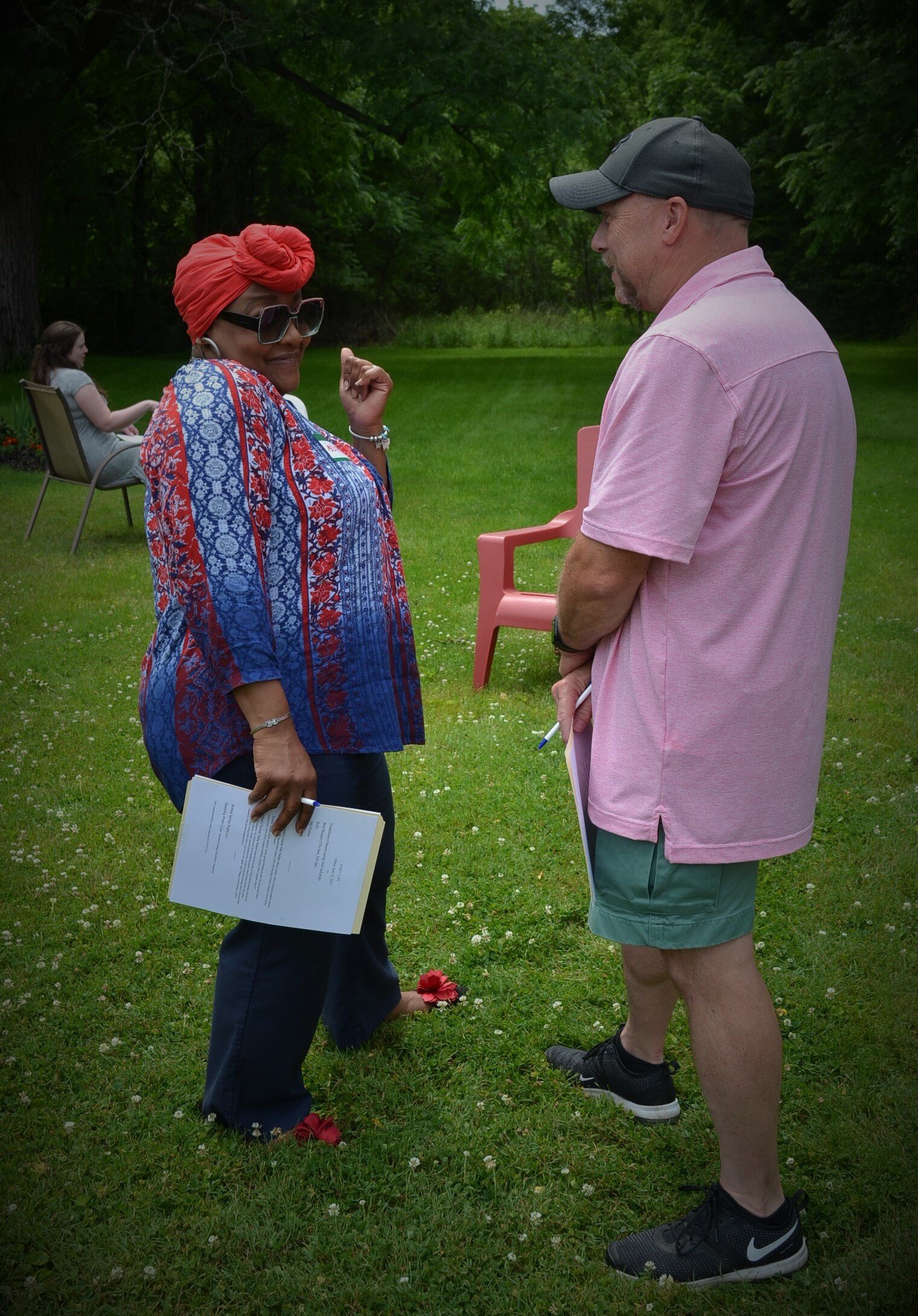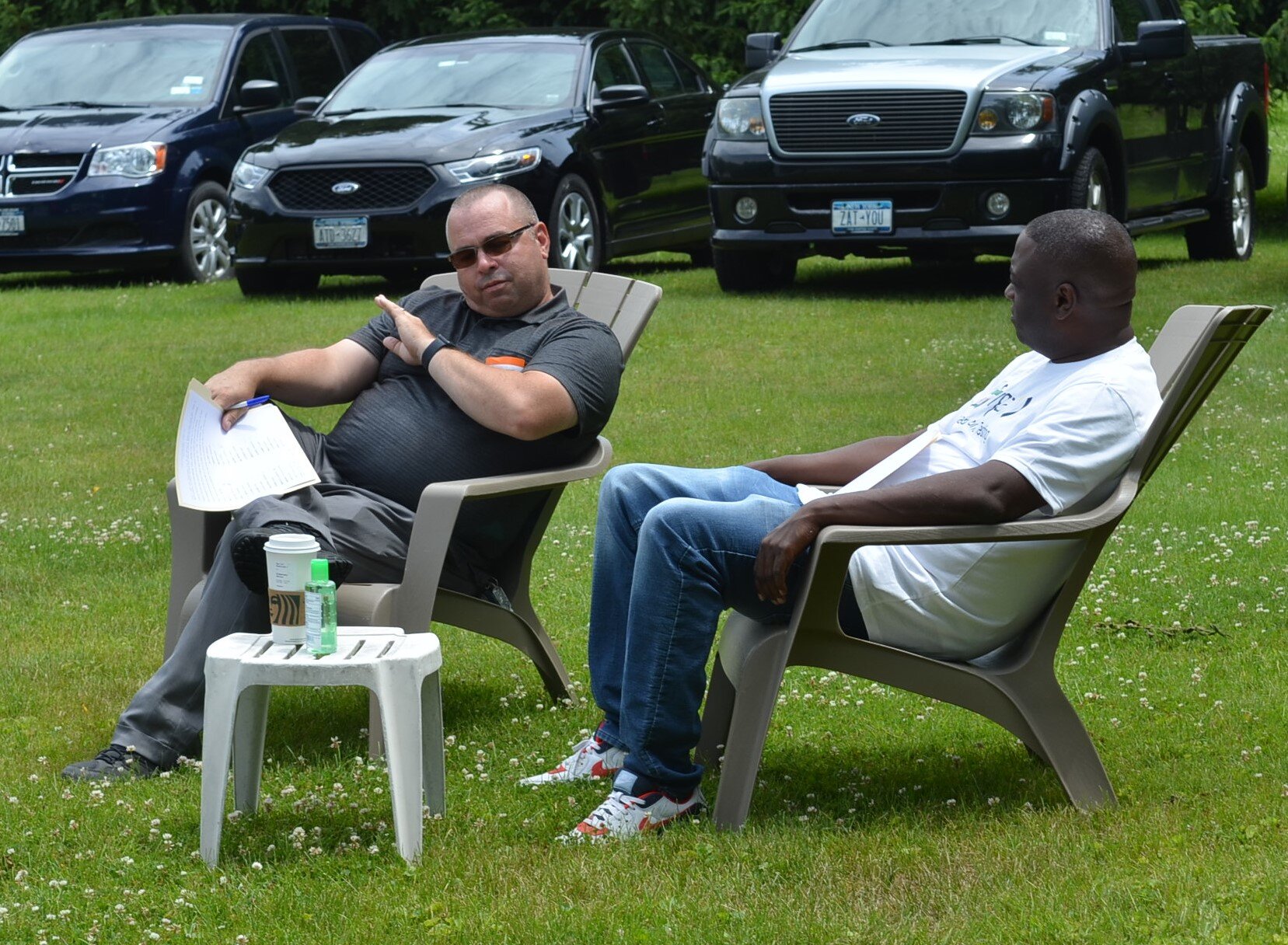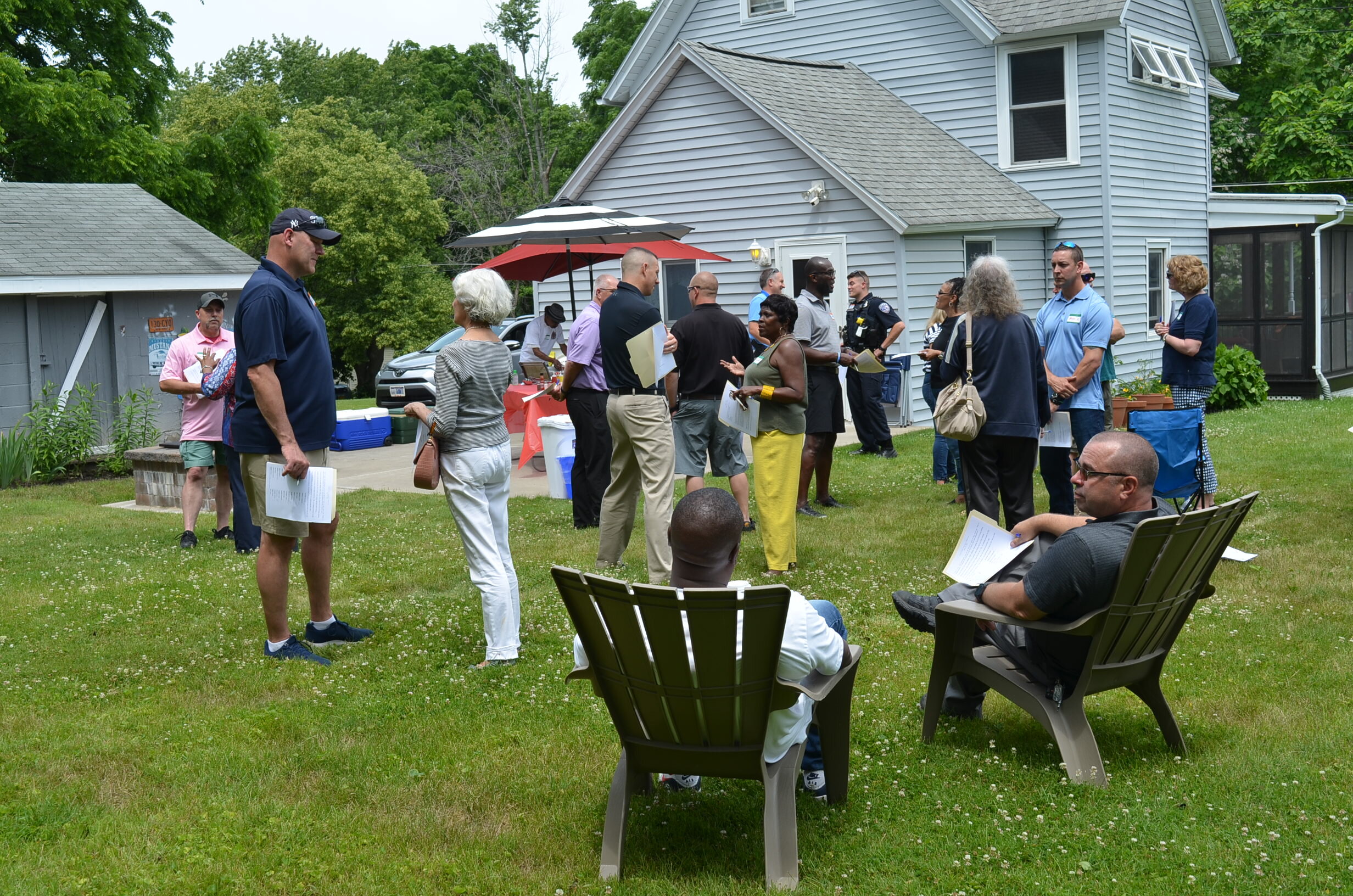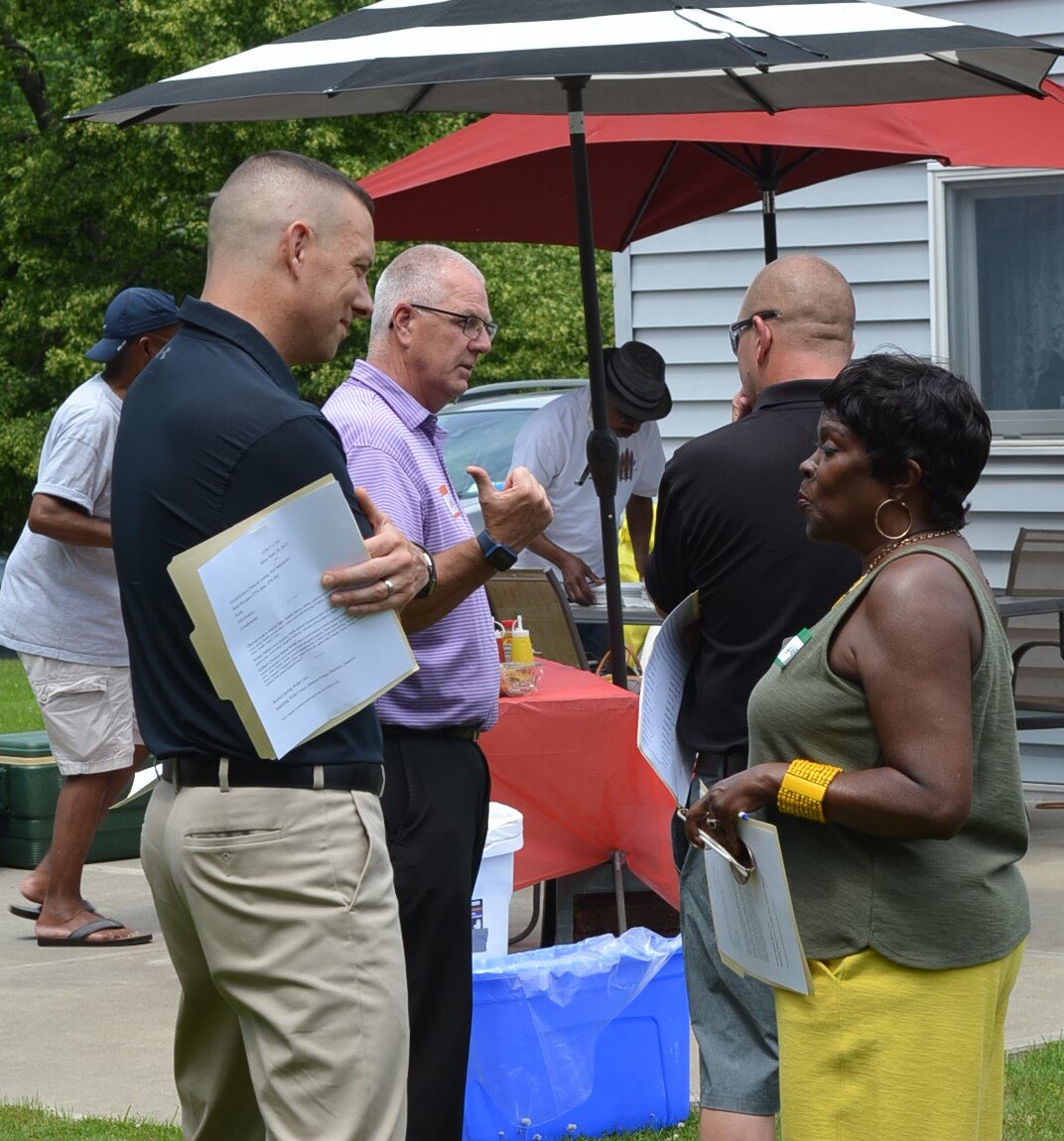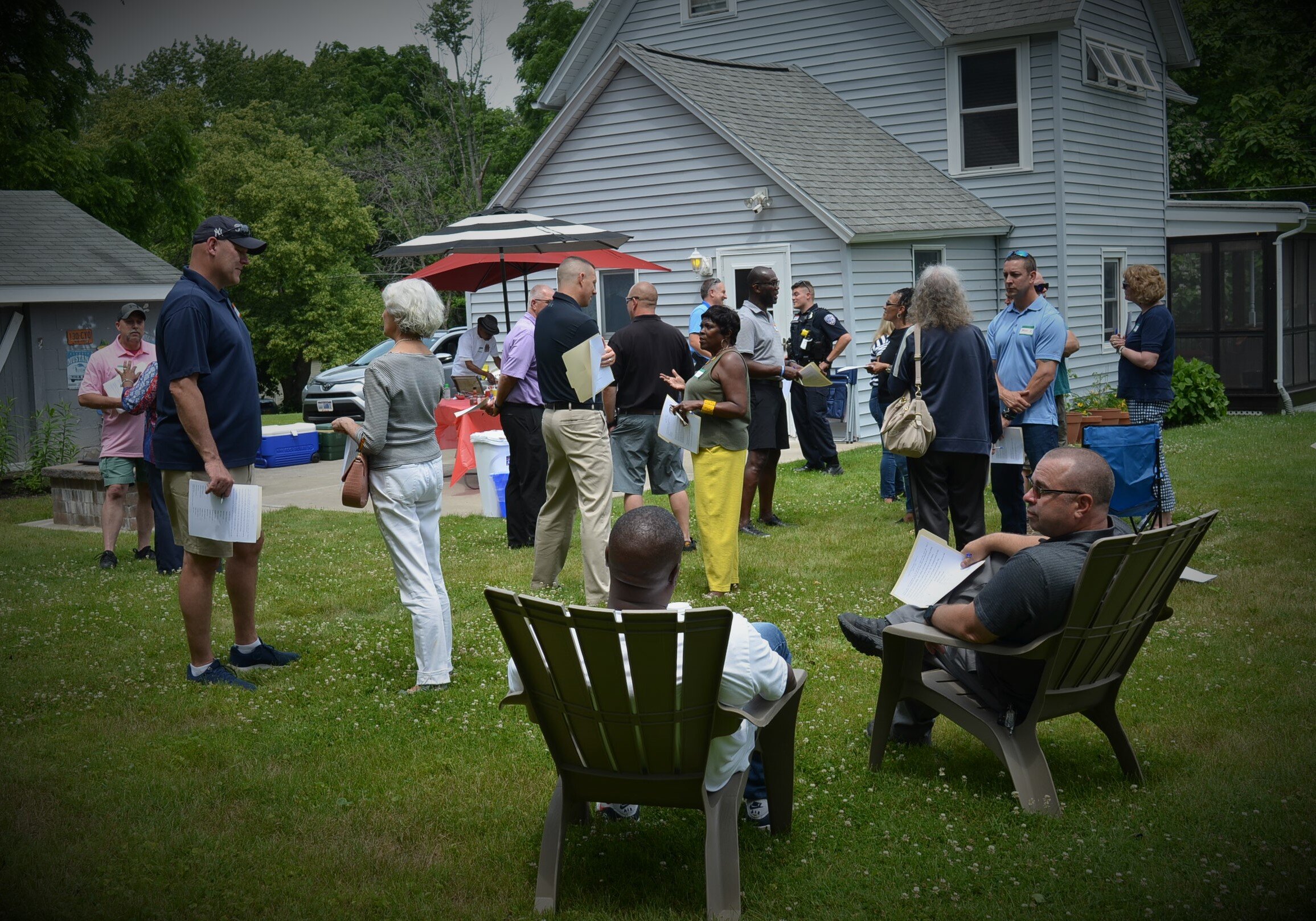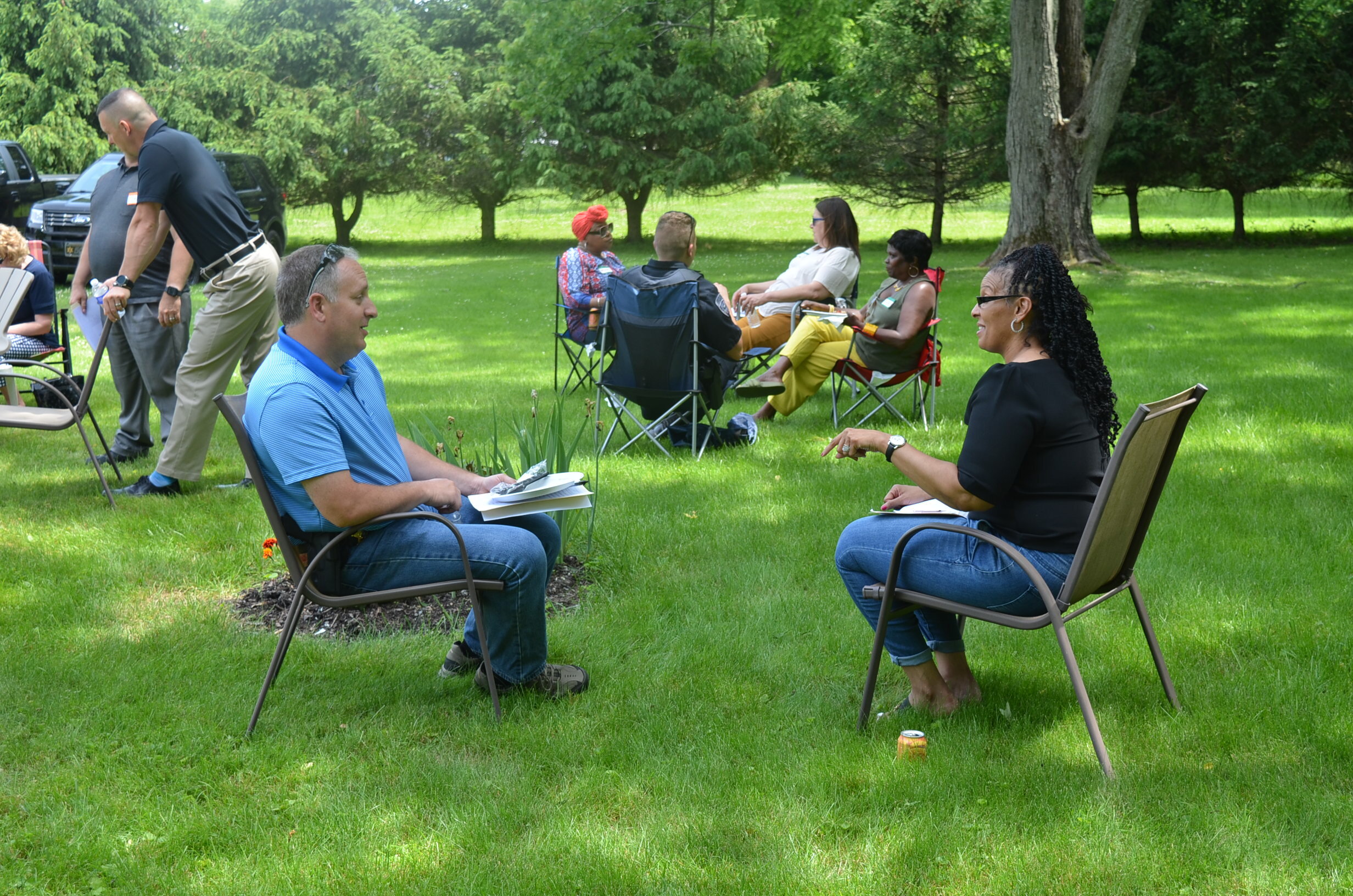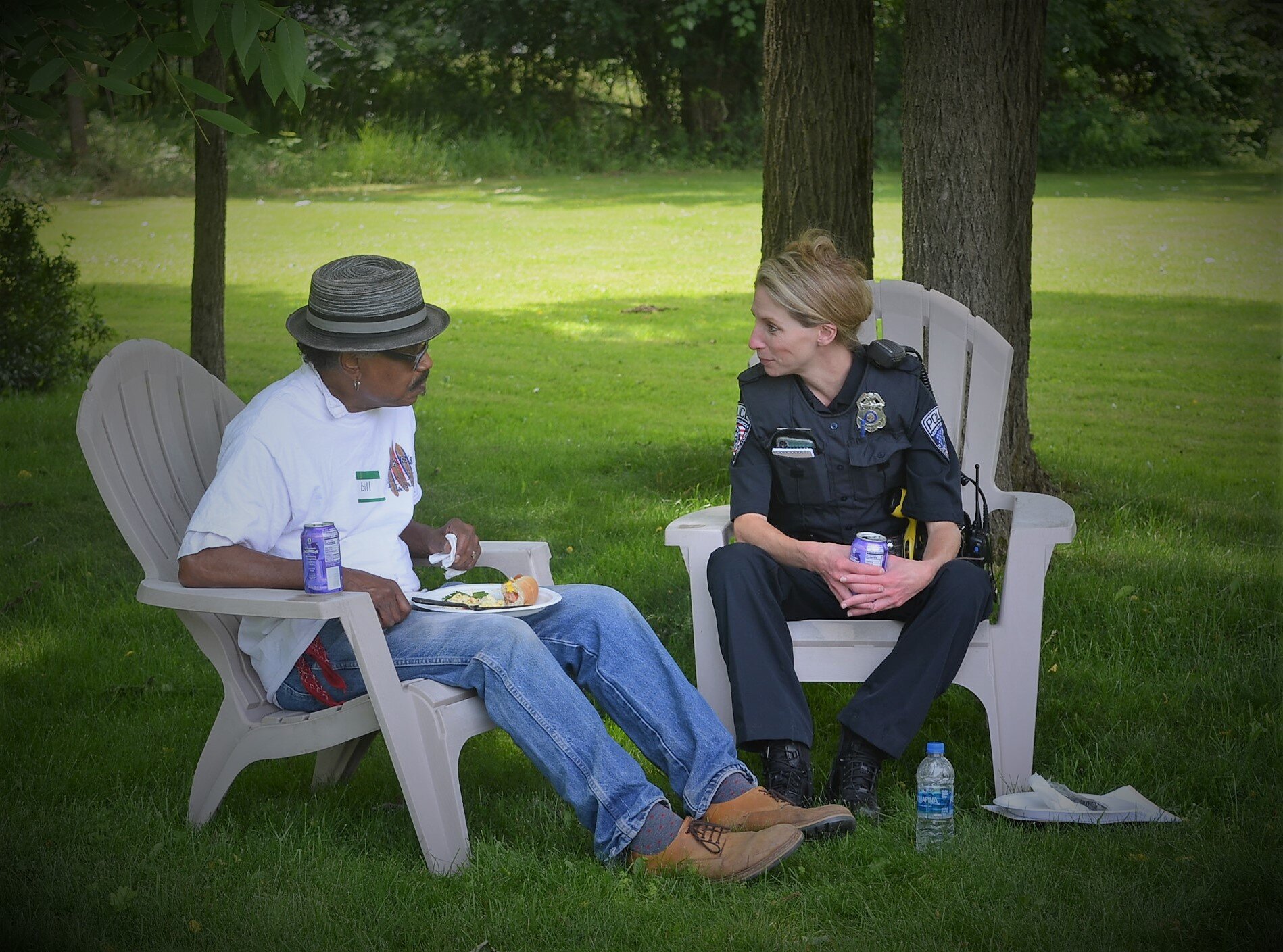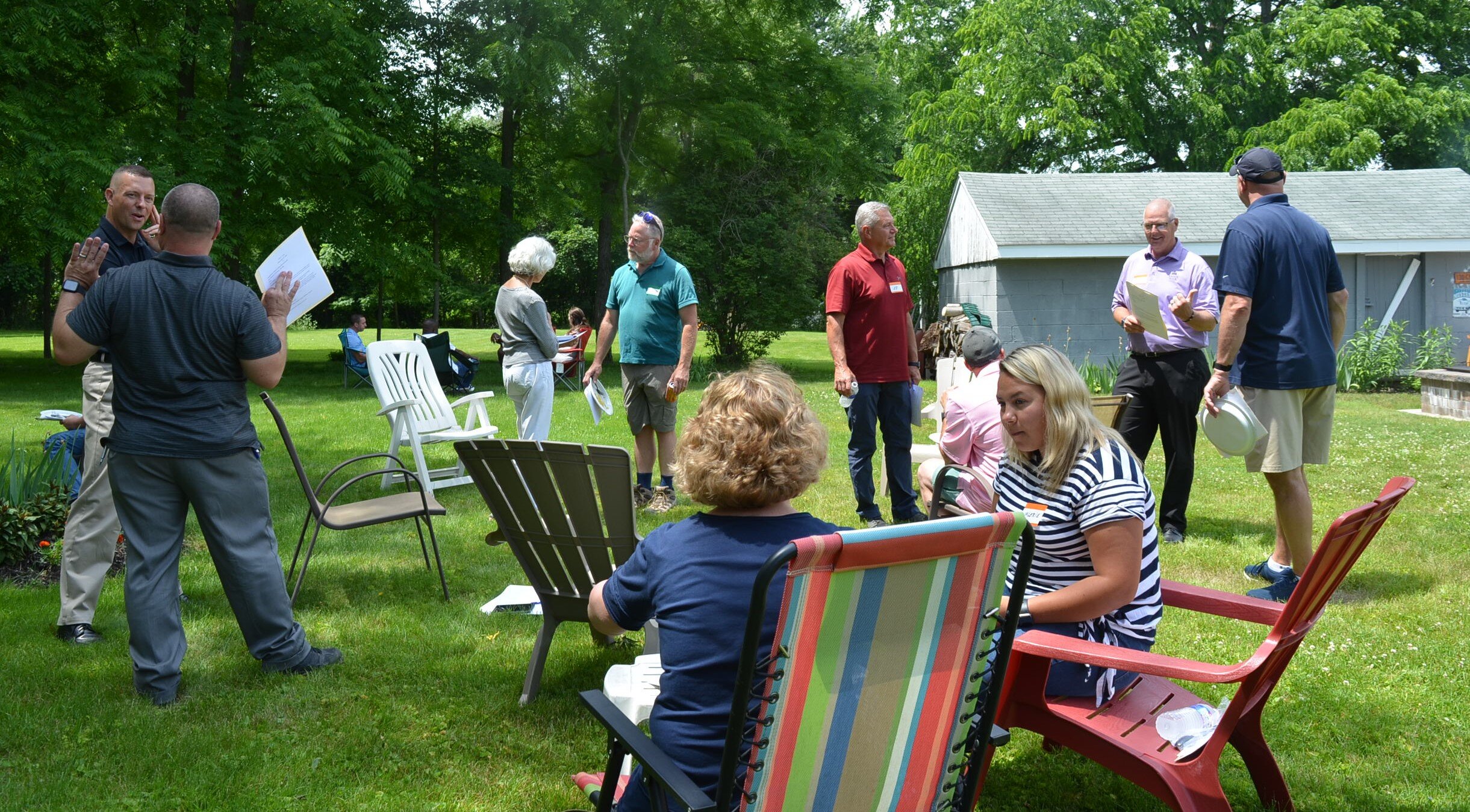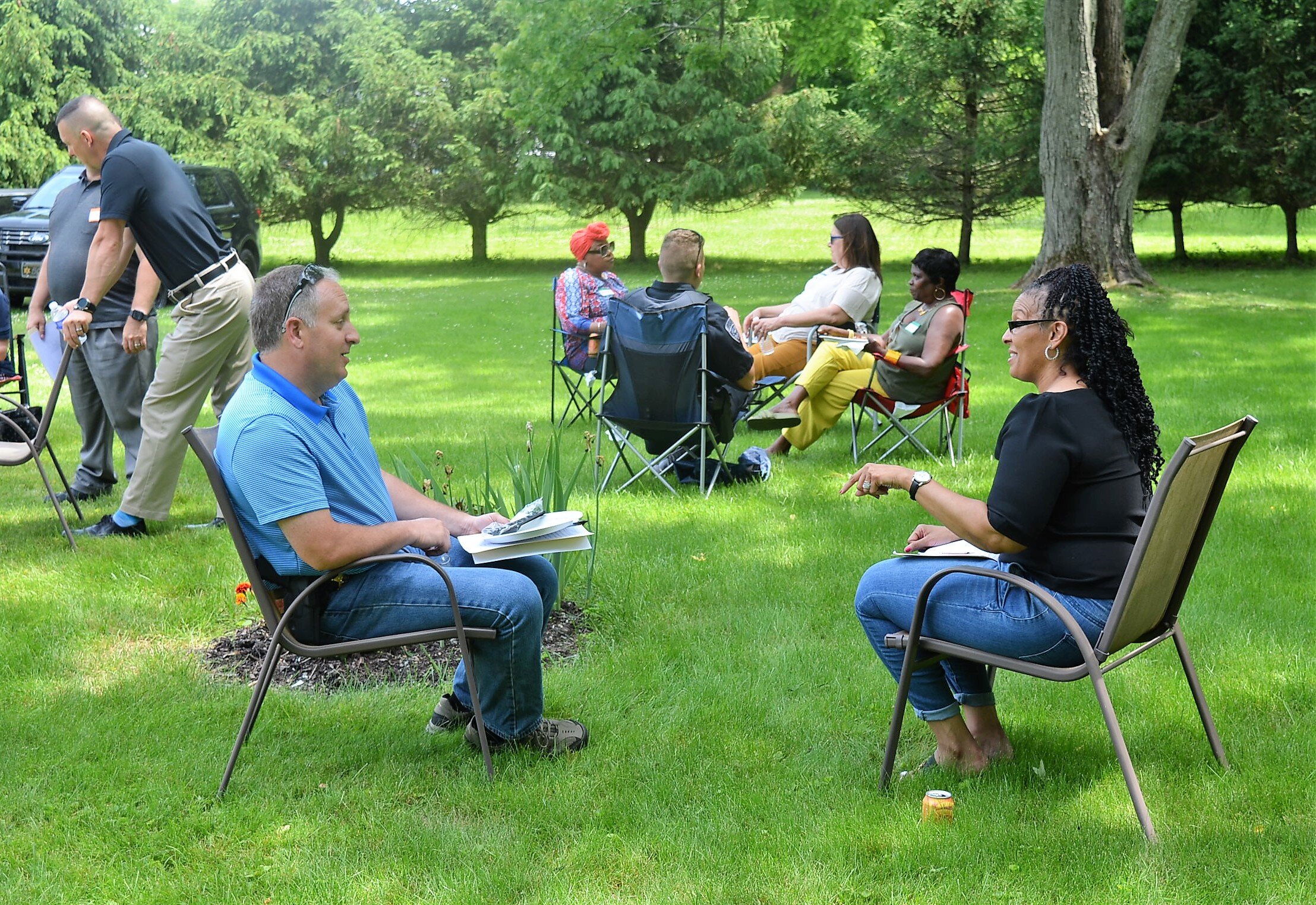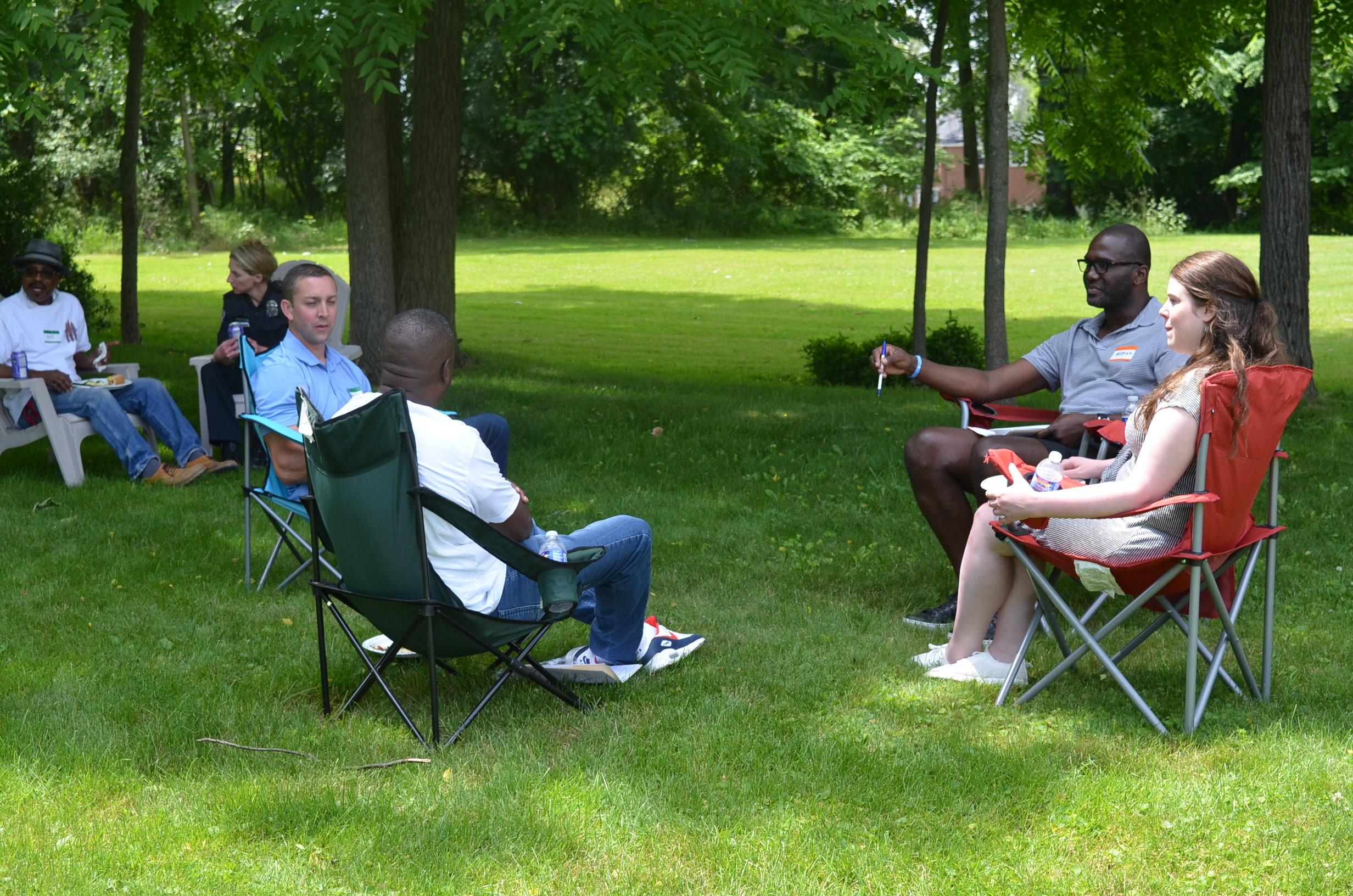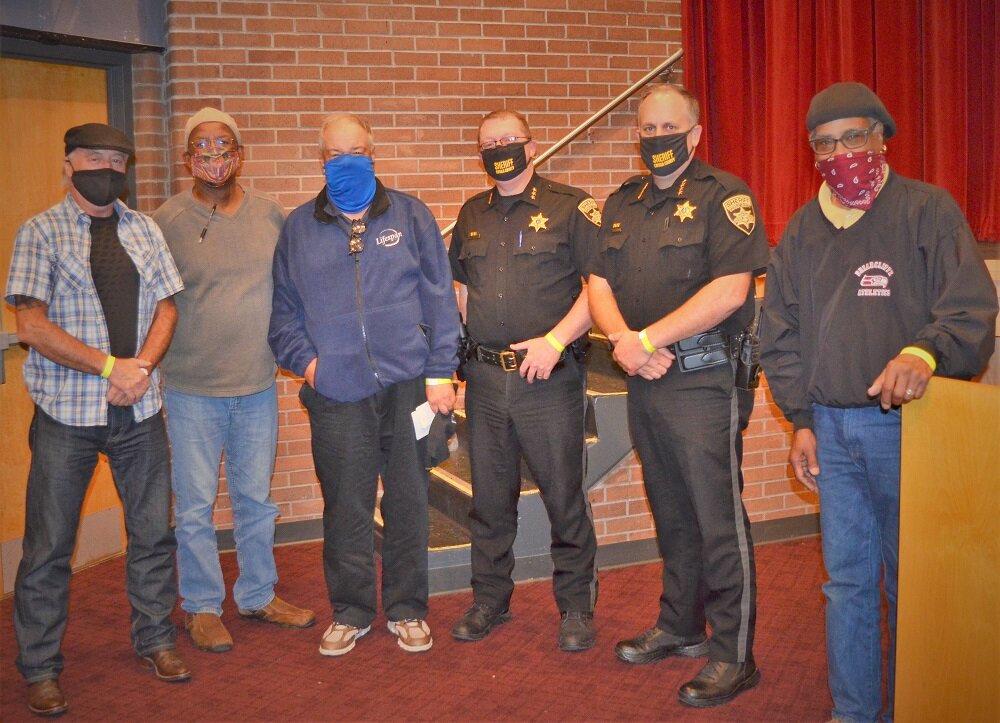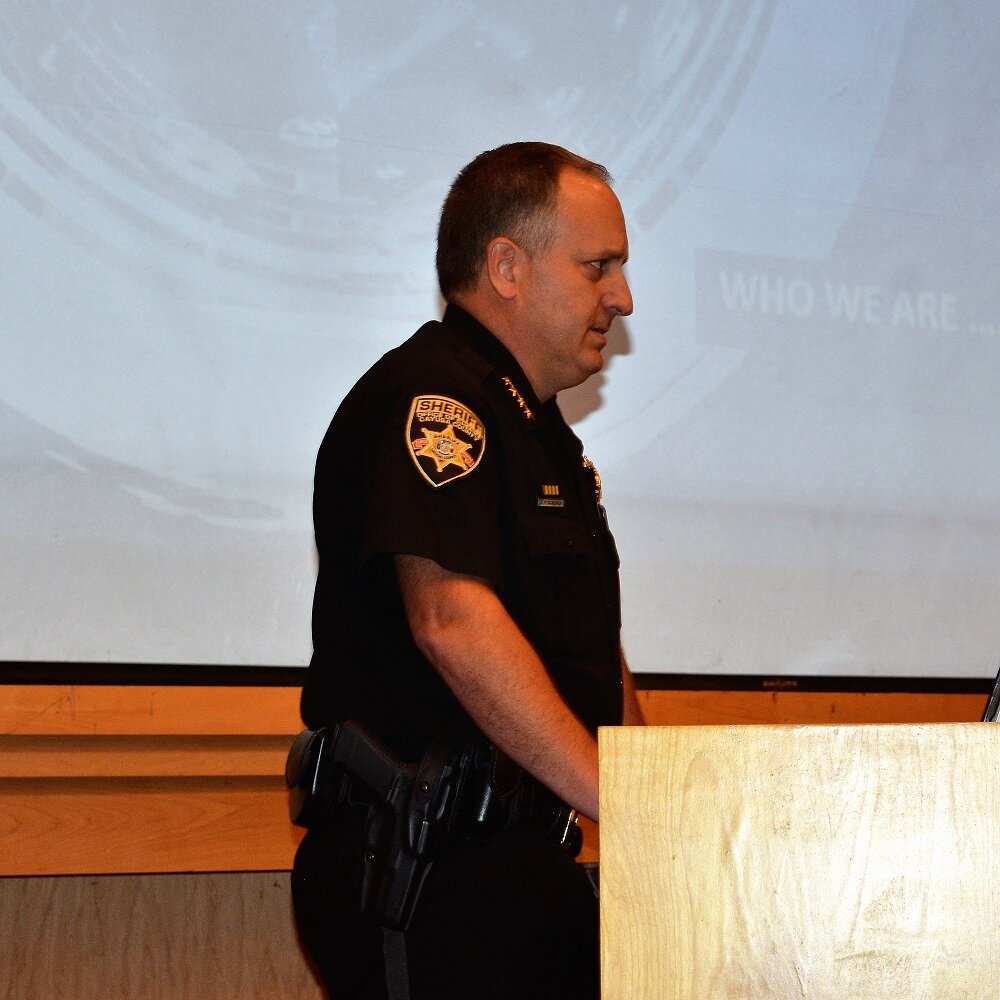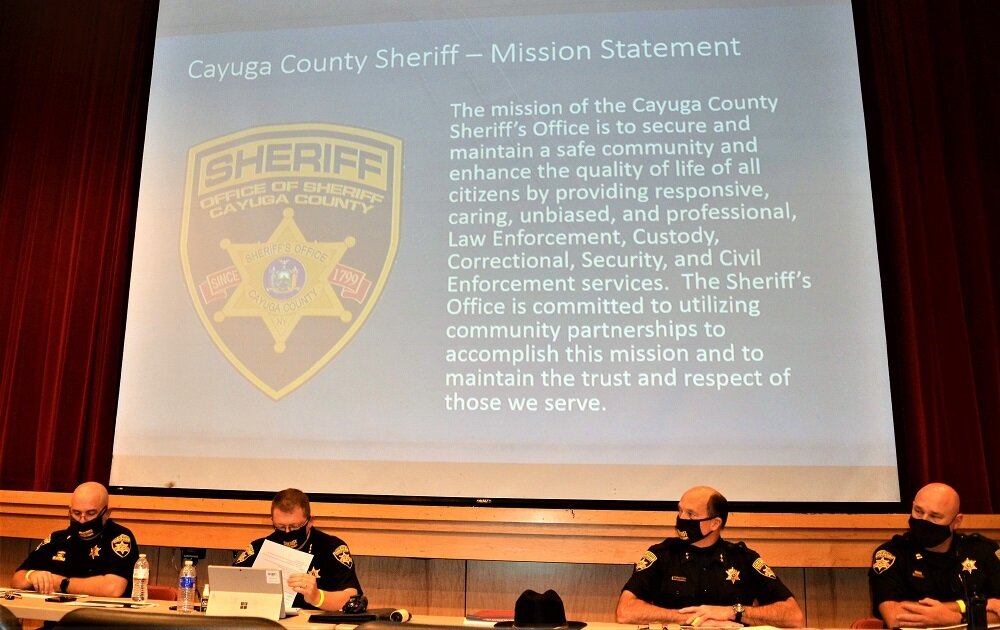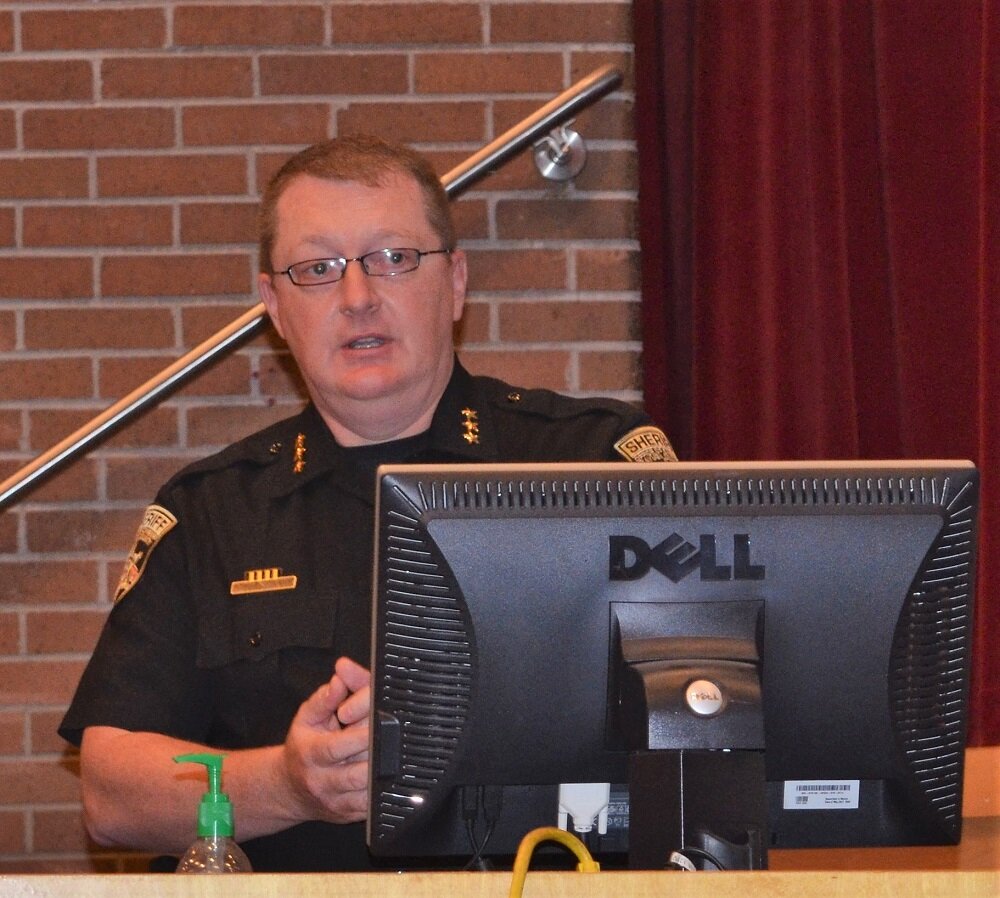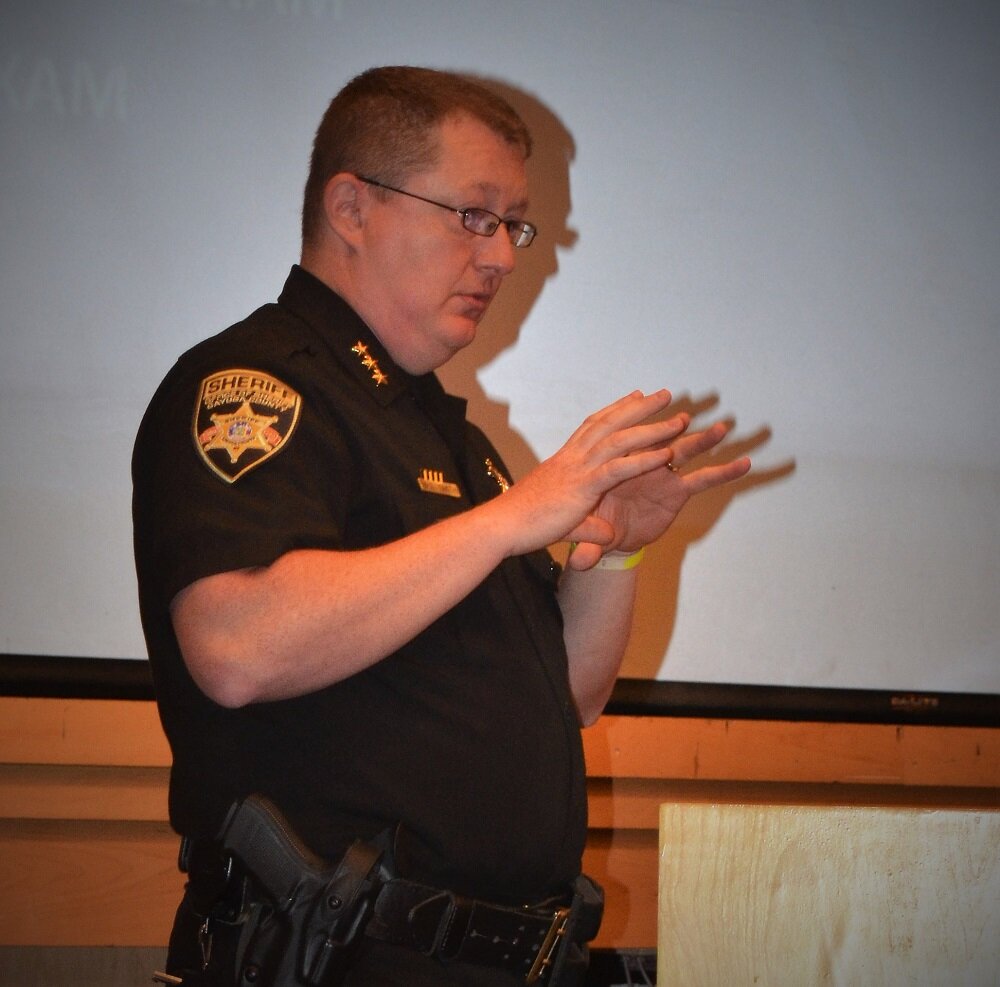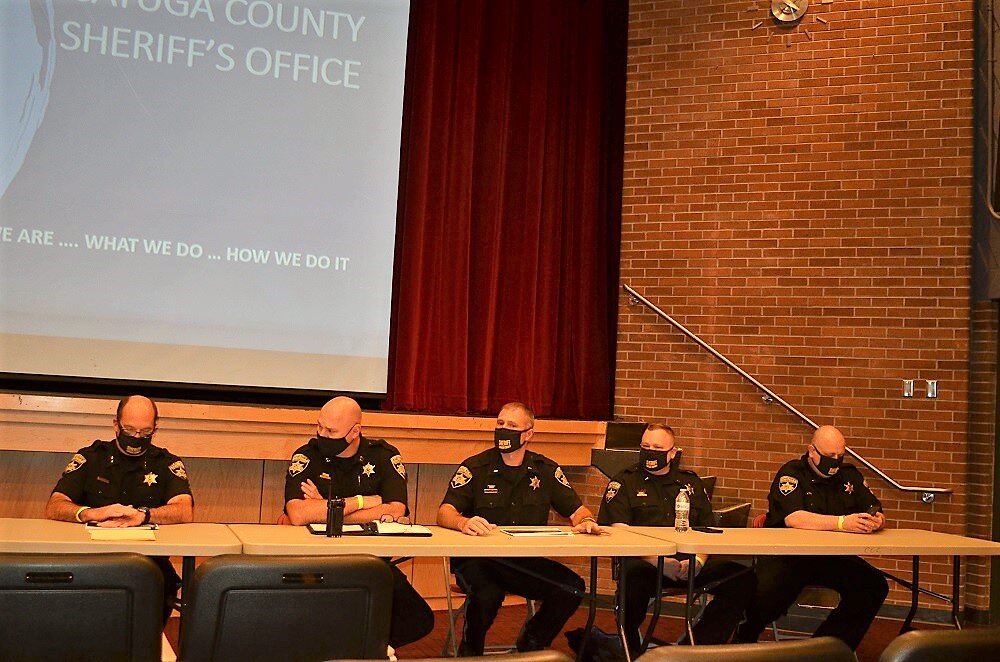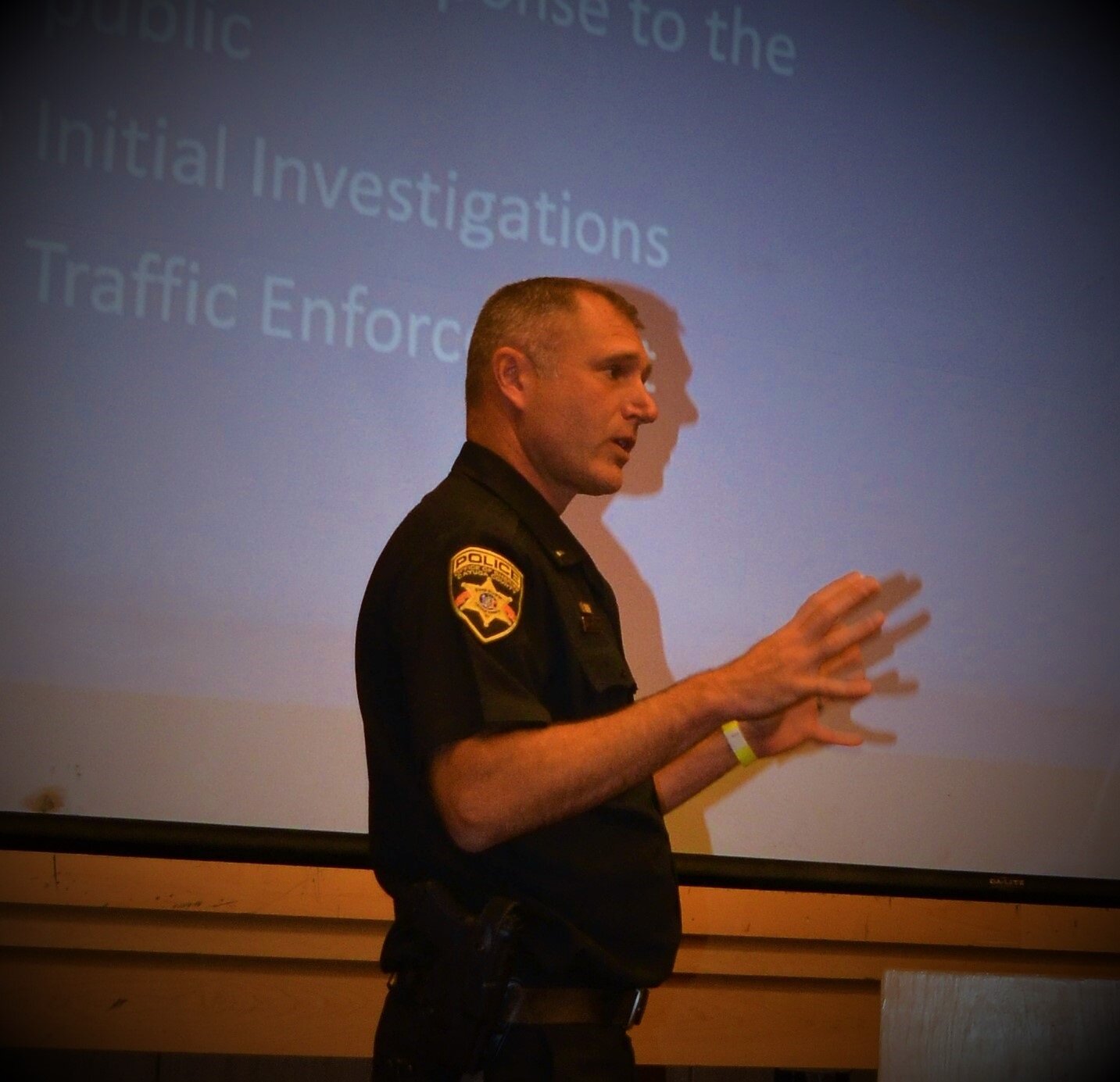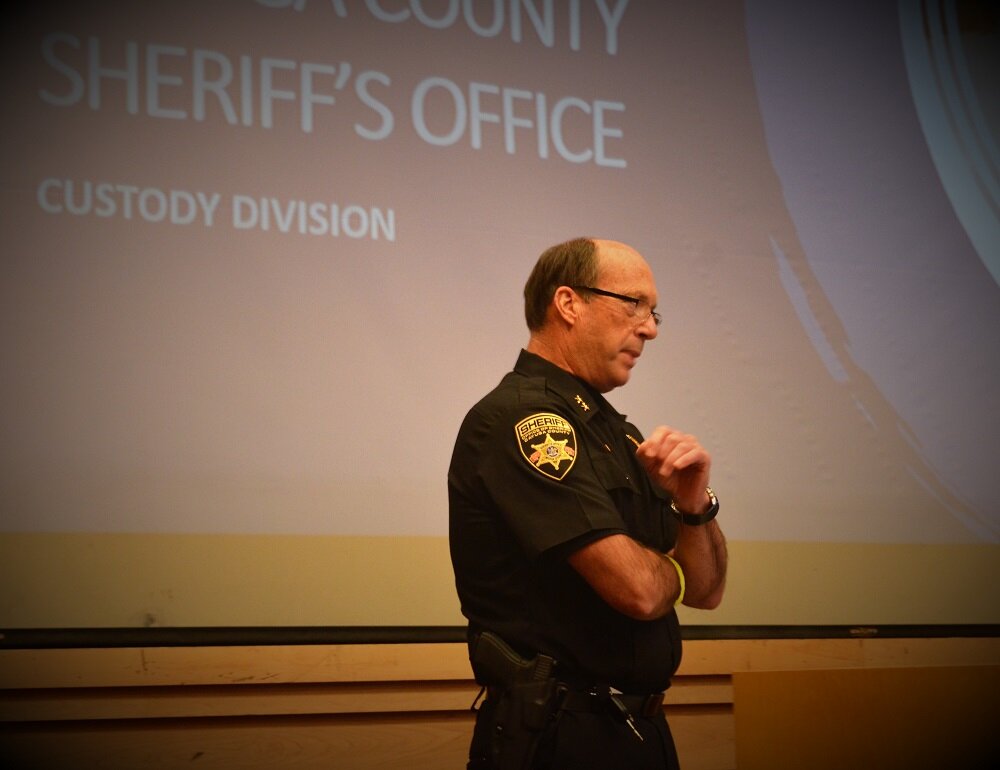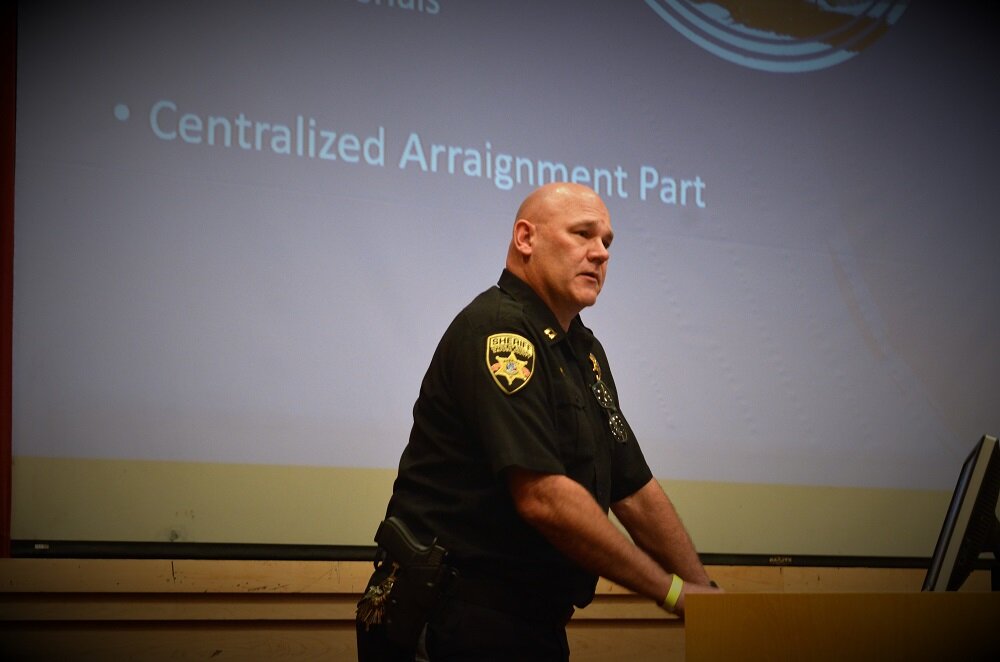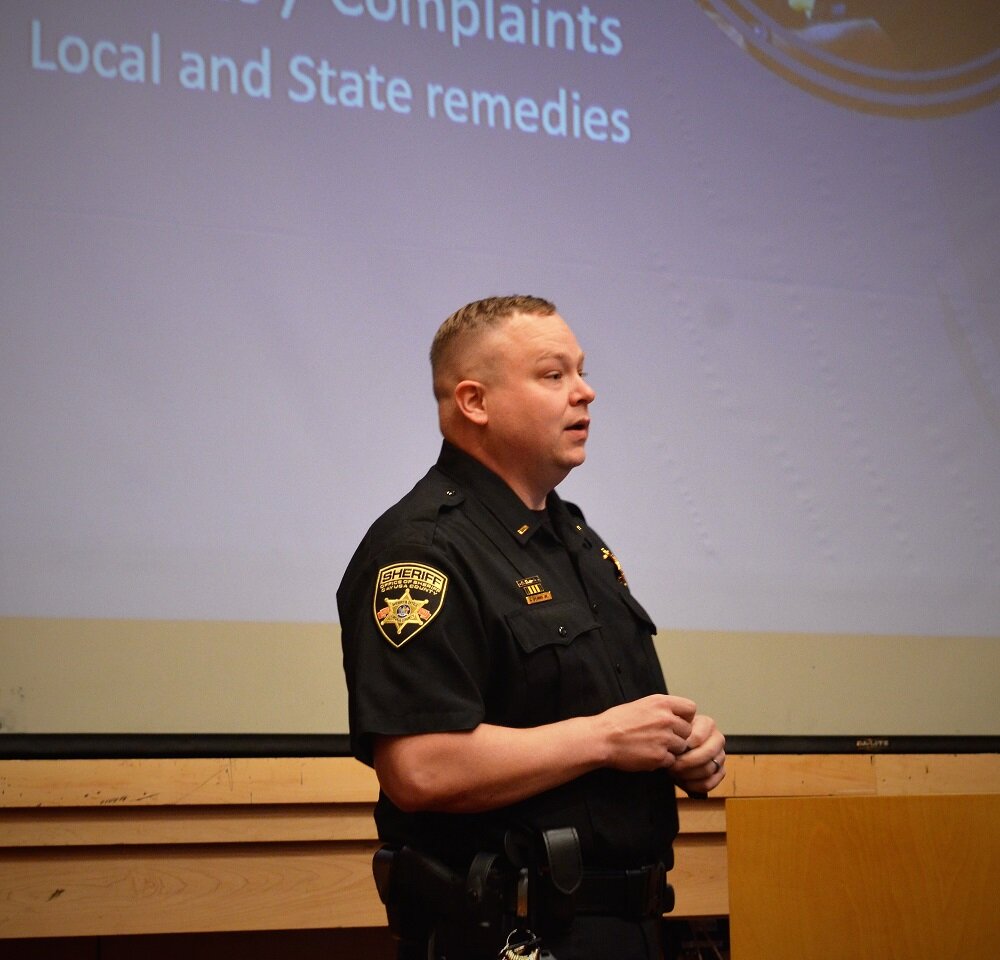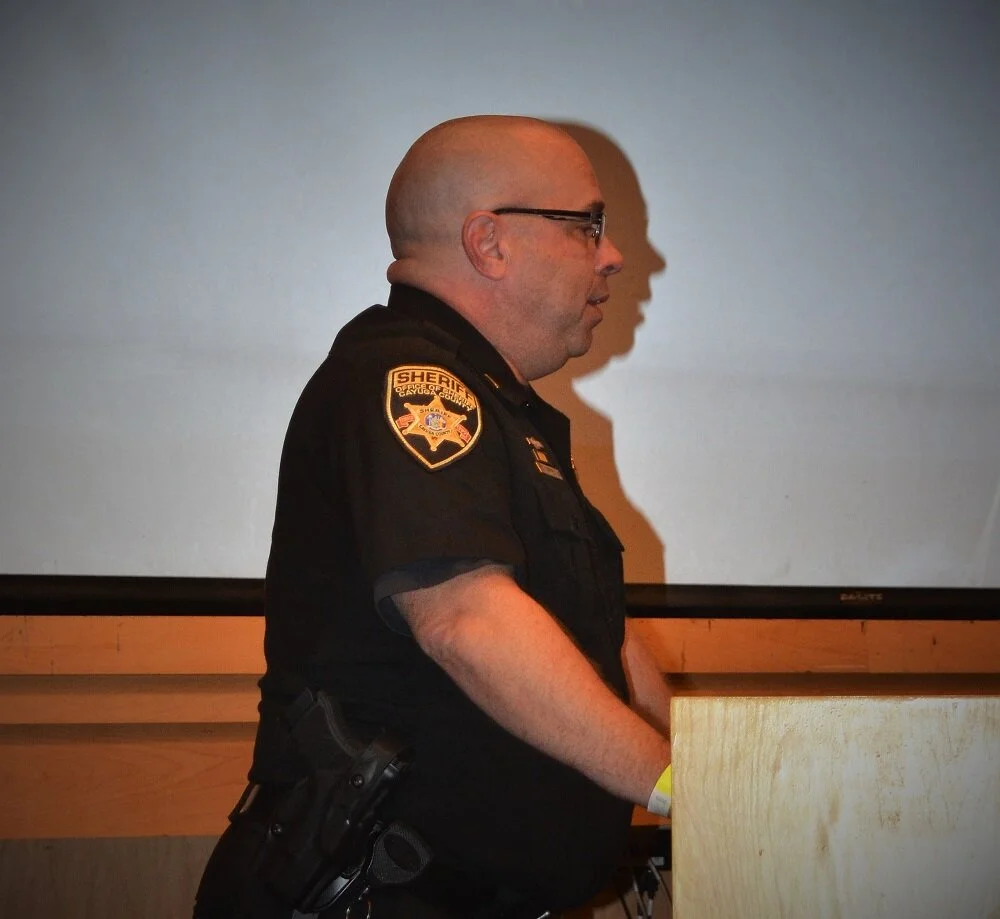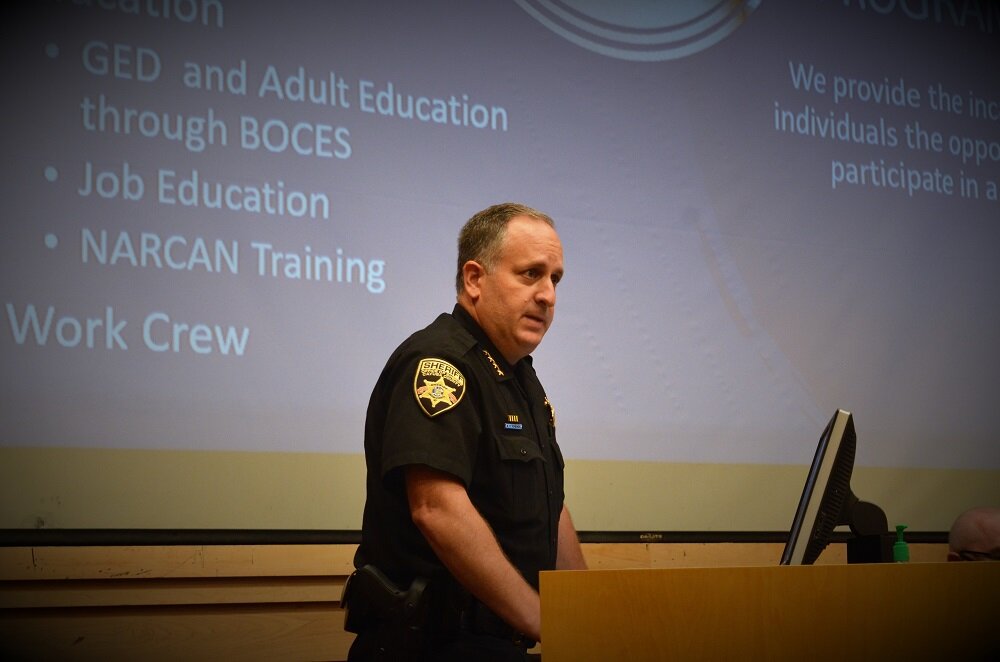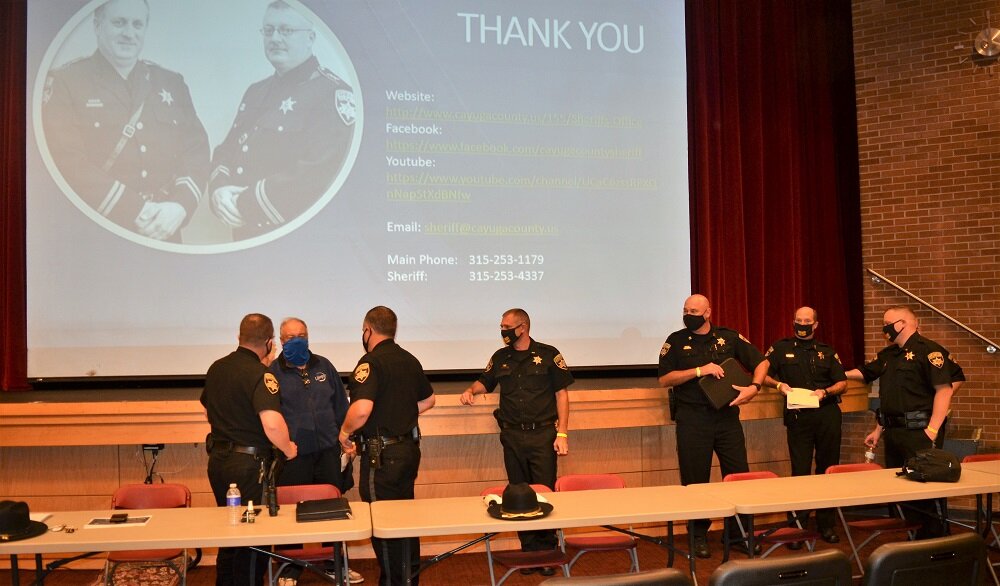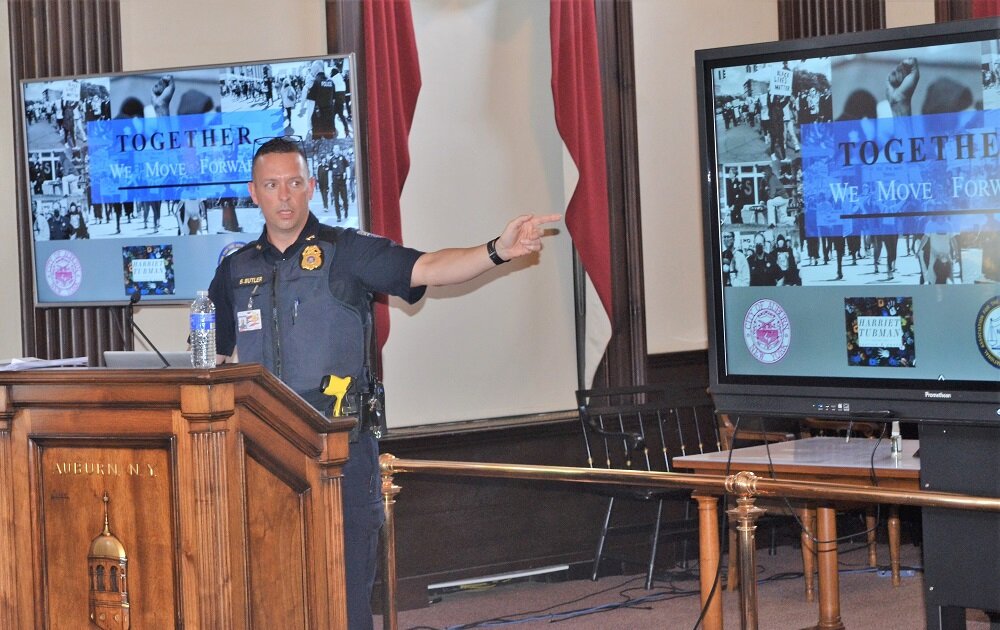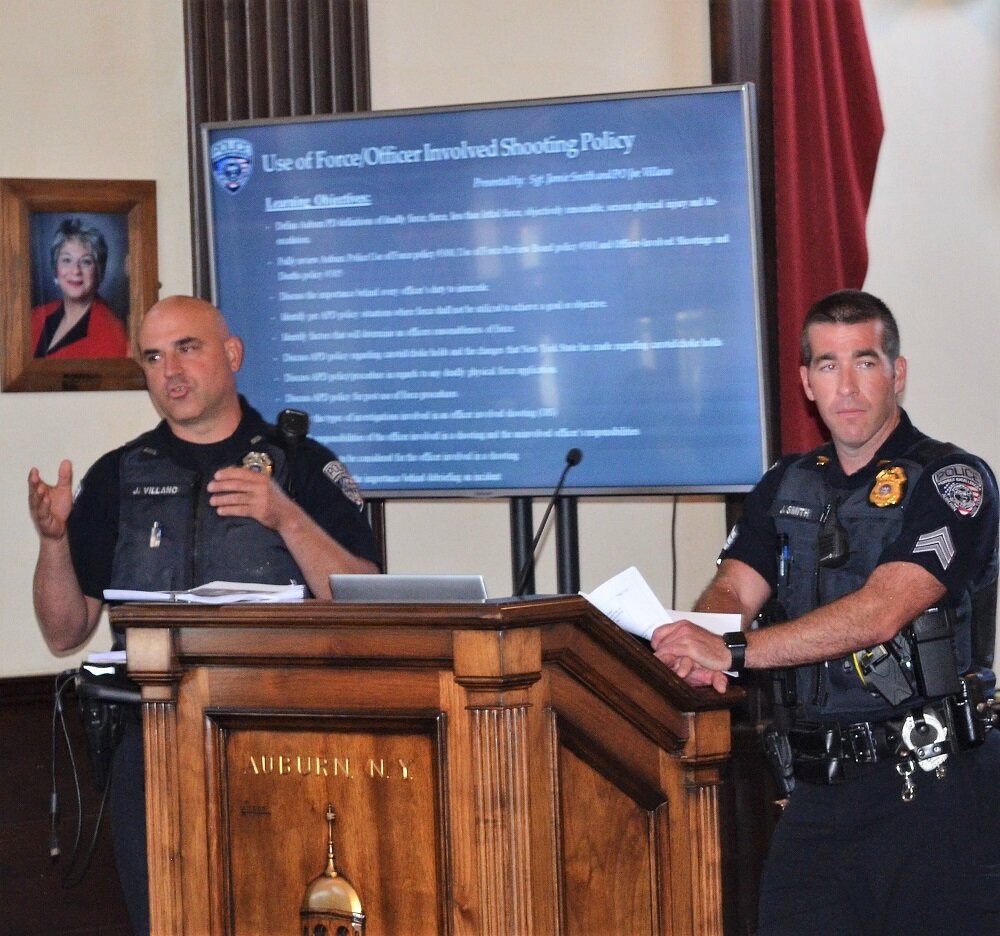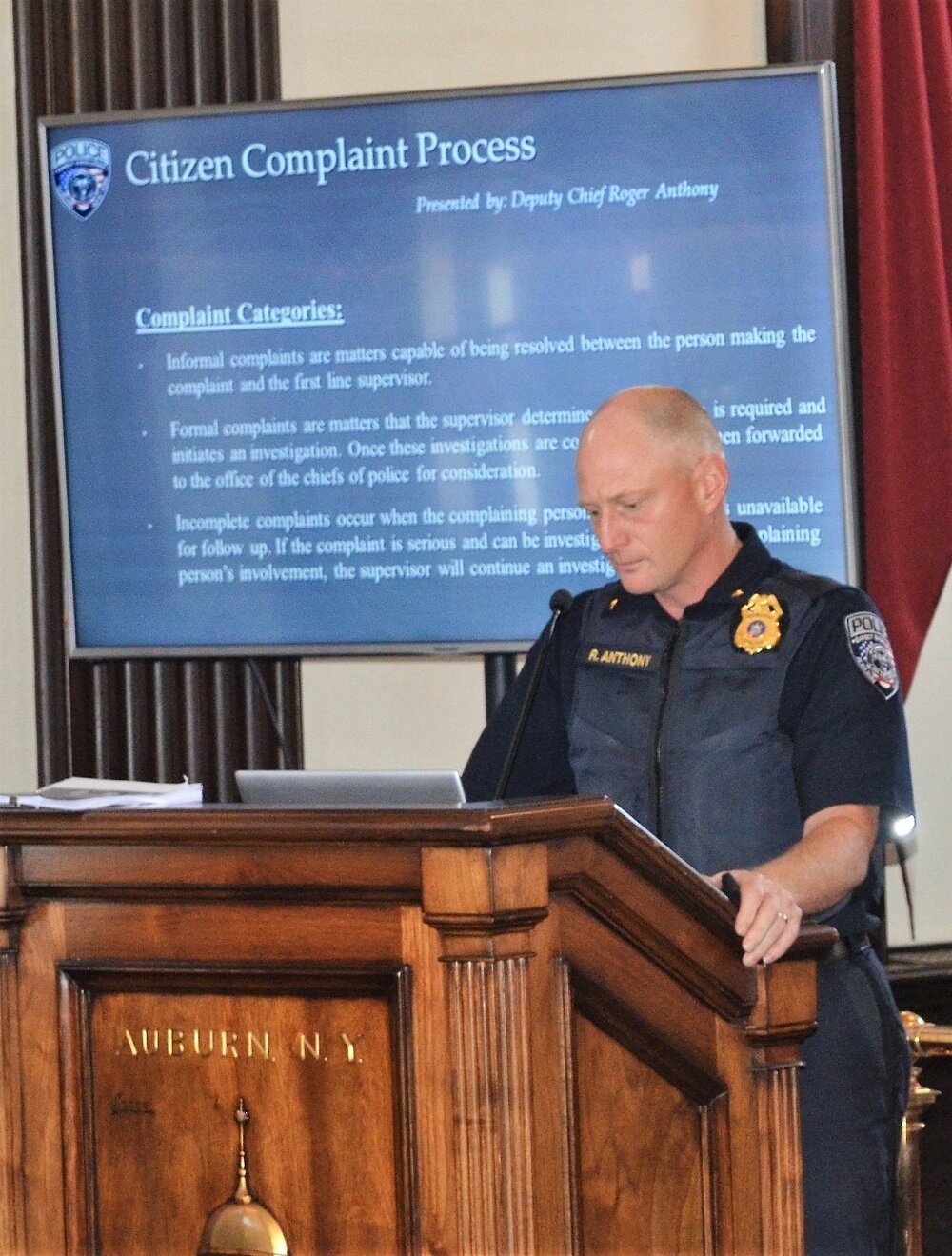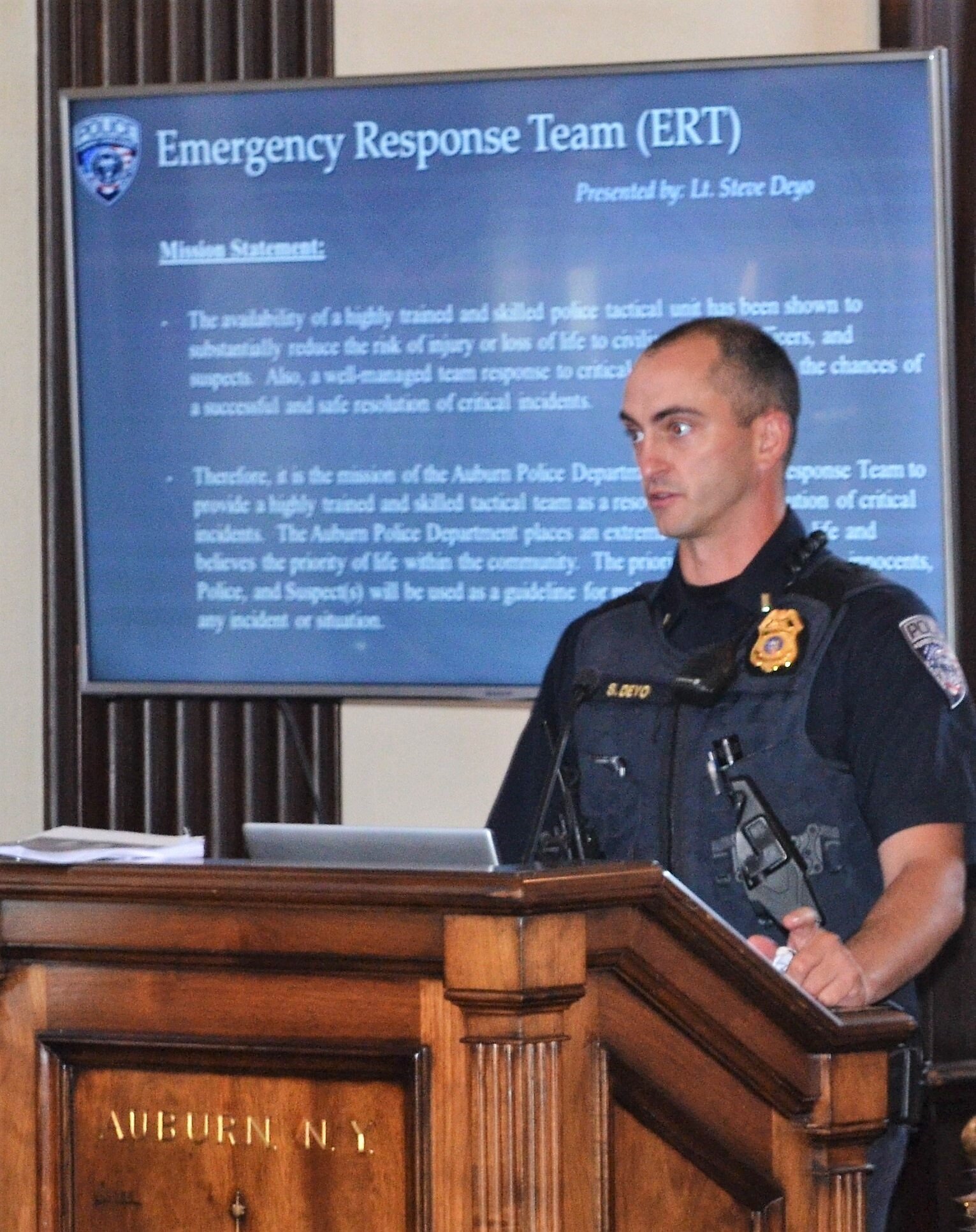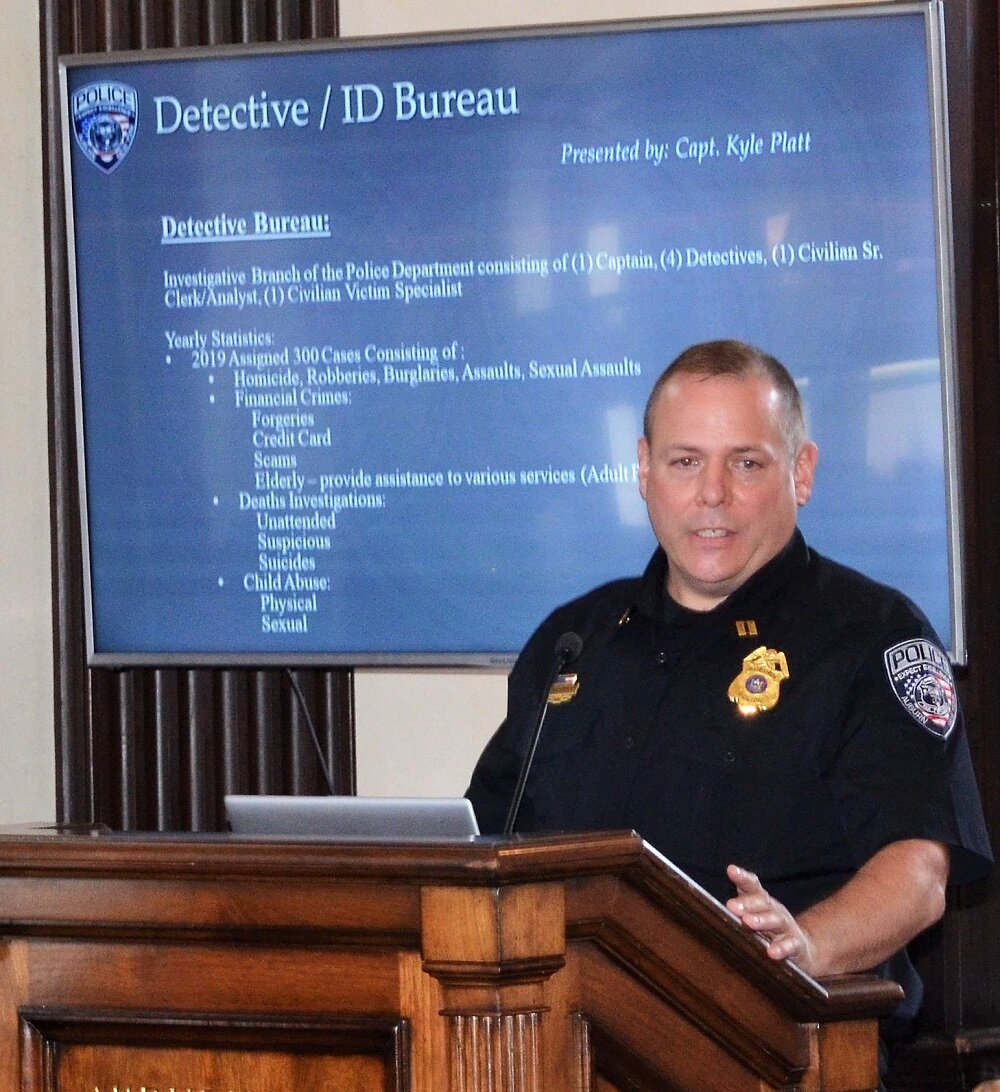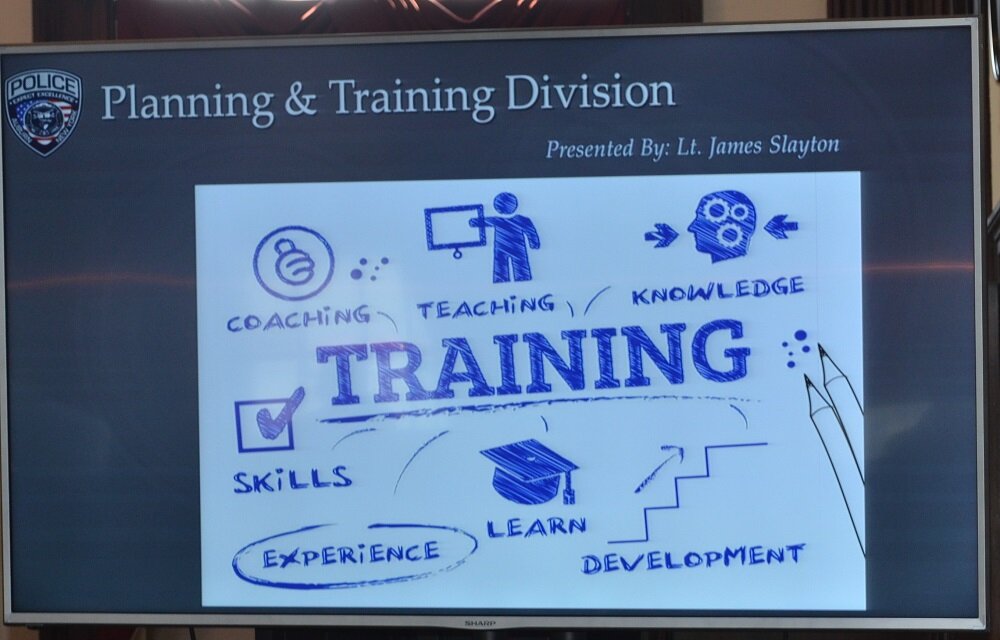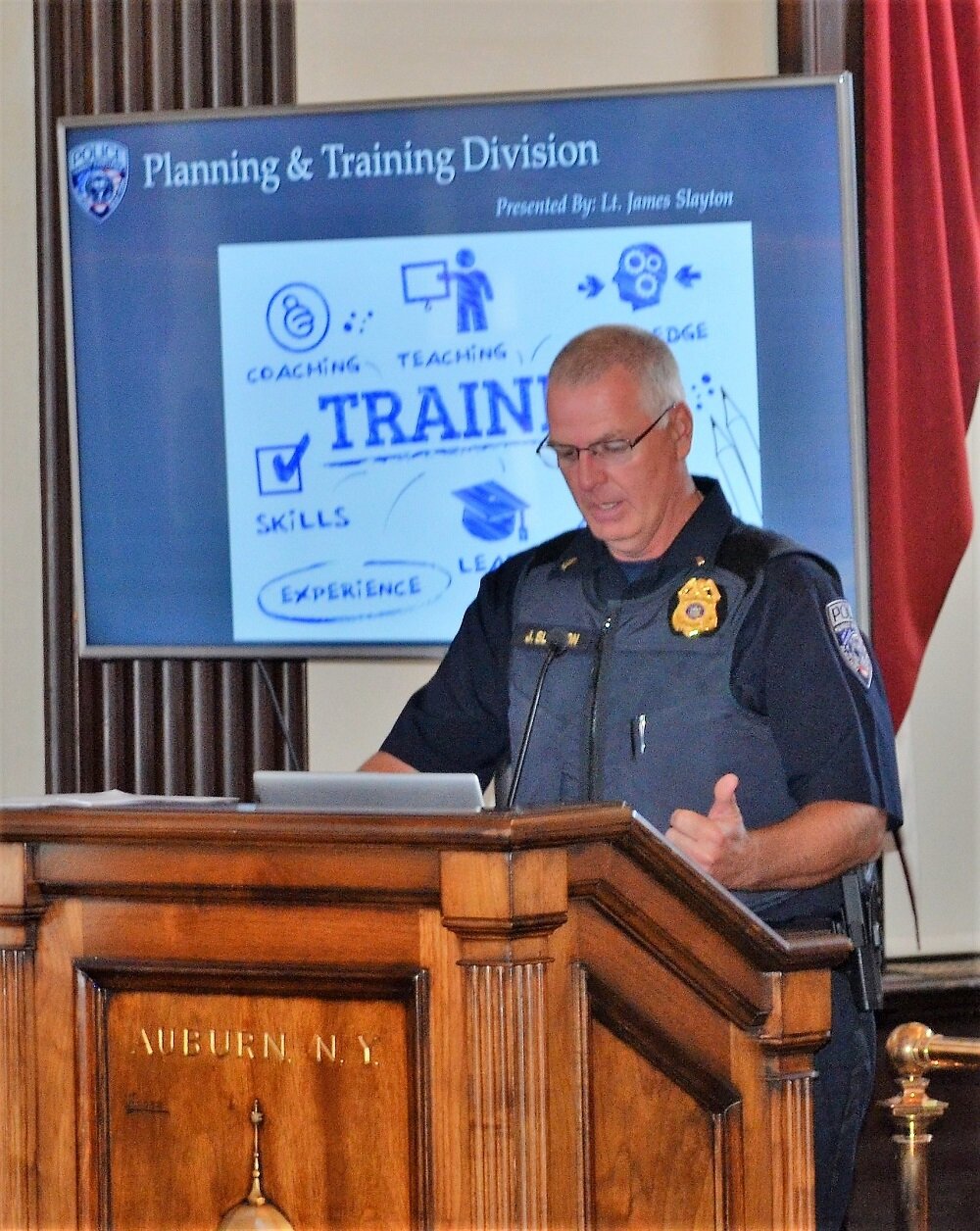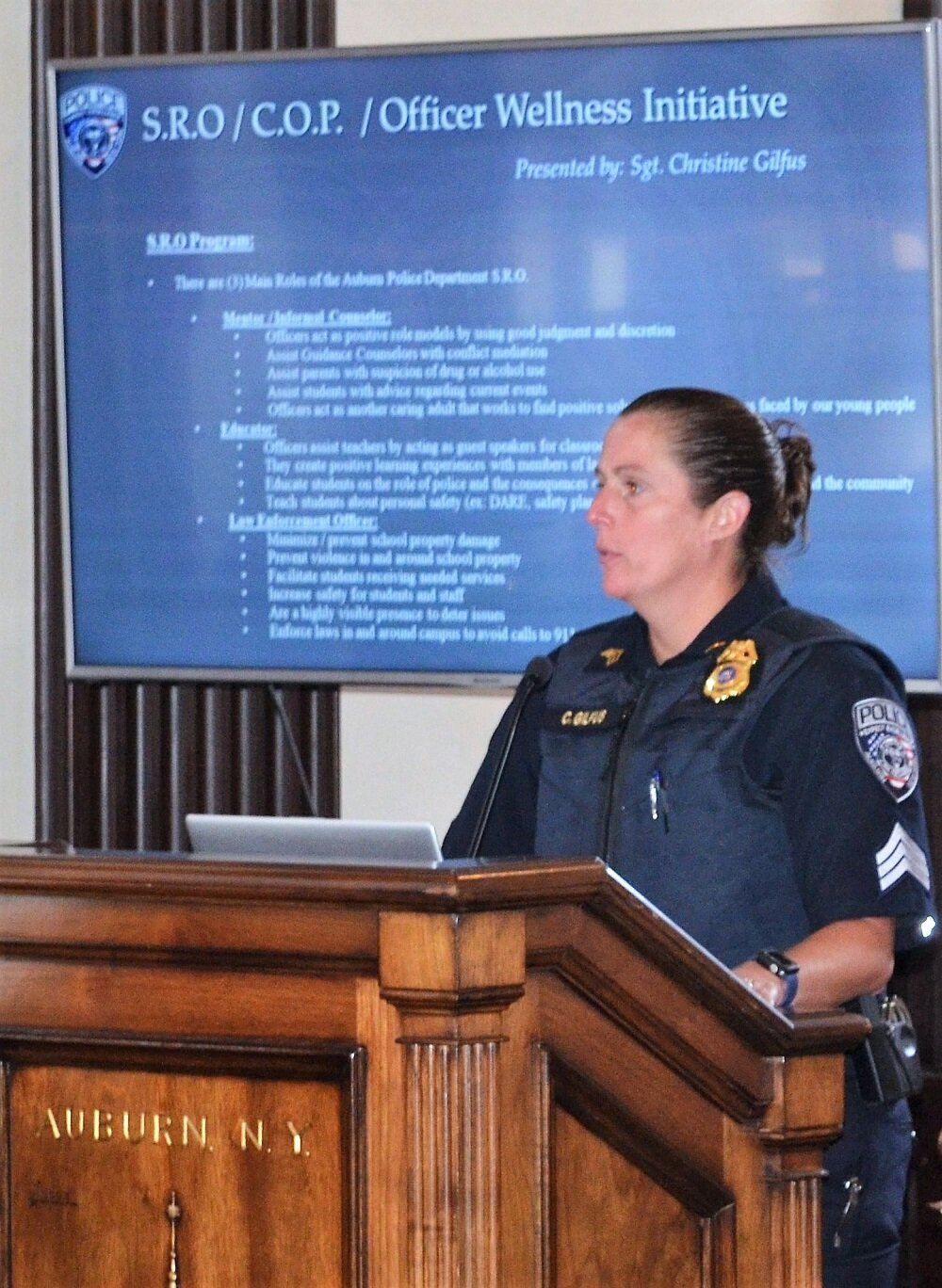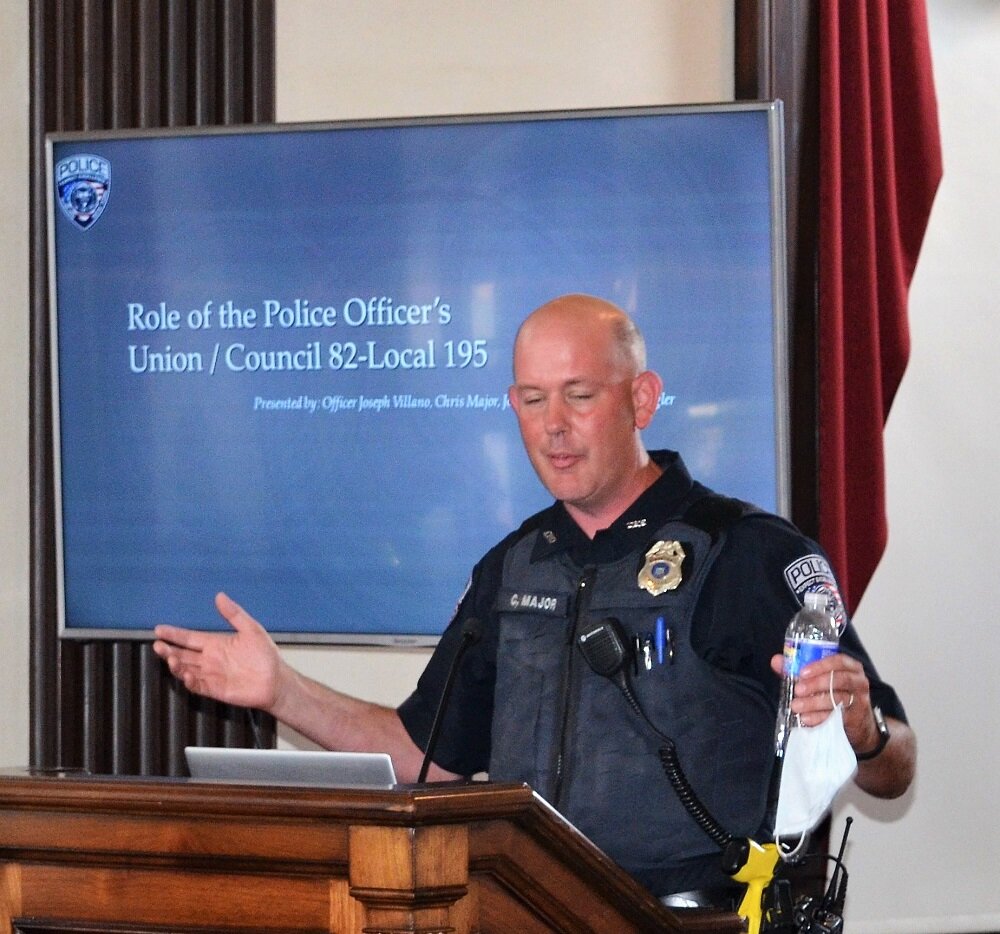A Collaborative Essay written by: William Berry Jr., Shawn I. Butler and Brian Schenck Special to The Citizen, published on Sunday, June 27, 2021 in The Citizen, “Lake Life” section.
There are ongoing efforts to remediate what is inherently problematic within the law enforcement profession as to actions pertaining to race, gender, cultural or gender identification. As law enforcement leaders, social justice advocates and allies work to change inappropriate or bias-related policing, it is incumbent on the larger society to refrain from using a broad brushstroke to paint all police as one nefarious self-serving cohort or an insidious, recalcitrant cabal bent on blindly protecting all officers, regardless of unlawful infractions, from accountability under the law.
During the past several years, the media has centered on incidents regarding white officers’ use of deadly force where the victim tends to be Black, and that imagery has captured the thinking of the national citizenry. These painful scenarios are not lost on the policing profession or social justice advocates. While 17th century enslavement, racism and oppression morphed into subsequent generational legally sanctioned and societal acceptance of inappropriate police actions that are unfortunately grounded in race-based control, dehumanization and subjugation, there remains an ongoing dilemma. Do historical (and “contemporary”) sins of the past indelibly mark current policing in its totality? Undeniably, there are more officers who have built careers with respect for citizens and the tenets of their profession. However, the “bad seeds” tend to cast an overarching aura of bad policing on the entirety of officers when that mantle of inappropriate and often deadly behavior is not warranted by most of those honorable members of the profession. Social activists and society in general must grapple with this dilemma that is becoming more complex and problematic with every reported national incident.
A pervasive trait in the 21st century is the fact that racism, implicit biases and societal political actions portend that one race is intrinsically and inherently superior to another race even when challenged by most faith-based leaders. Even with such denunciations of white supremacist thinking, there remains an ongoing societal problem and paradox in the American character. Subsequently, the task faced by law enforcement is how to best eradicate past injurious practices with a more comprehensive sensitivity to and understanding of race and its decades-old grip on the American psyche, as well as the public’s impatience with strategies developed to change what has been decades in the making toward a singular, quick fix. Recent documentation of white supremacists joining police departments have complicated this issue and, for some, raise first amendment rights and sensibilities.
Often, biased media reports, pointed political rants from both sides of the political aisle, and too-early pronouncements of supposed guilt or the righteousness of appropriate police action are unfairly articulated before independent investigations are completed. The totality of these factors tend to further complicate the public’s understanding of all facets of any police issue, especially those actions where there is the use of deadly force. It may be prudent if initial analyses are not vocalized by the involved police jurisdiction, but timely and transparent reports to the public and media by the sanctioned investigating body. And in that vein, lawyers, pundits and media talking heads should also delay their comments and wait for the end of any investigation. This measured approach should not broach any independent analyses or opinions as long as commentary is stated clearly as not a providence of fact.
The contemporary issues facing all phases of law enforcement are intricate patterns within the colorful and diverse fabric of human dignity and self-worth. And in that complexity of human endeavor, we should see social justice activists, police and allies on either side of any policing action or public safety discussion as respectful contributors to be heard and listened to. While it is possible for all involved citizenry to be on the same side regardless of pre-stated stances, there should be a commonality of thought to approach and settle adversarial differences. Engaging in difficult conversations and finding workable resolutions can, and often does, appease both sides. And that process begins with a willingness to communicate with one another in an attempt to understand different perspectives based on lived experiences, be it professional or cultural.
Any national discussion of police actions that prompt public concern, planned marches, impromptu demonstrations and, in some cases, adjudication in court, have a measurable impact on local policing and action. While national situations have an impact on the thinking of local communities, Auburn and Cayuga County residents should assess local police and the sheriff's department on what is actually done and not what people assume those departments do. While these overarching issues are complex, our local focus must remain centered on the needs of our community, and those ongoing efforts and initiatives continue to move toward a model of community-based policing. It is critical to know about and understand the intricacies of local law enforcement and how officers operate within the realm of public safety. With such perspectives in place, more members of the community can assist in furthering effective law enforcement.
William (bill) E. Berry Jr. chairs the board of the Harriet Tubman Center for Justice & Peace, serves as a board member of the United Way of Cayuga County, and publishes aaduna, an online literary and visual arts journal based in Auburn. Shawn I. Butler serves as chief of police for the Auburn Police Department, is president of the Central New York Association of Chiefs of Police, and is the Northeast regional chair of the International Association of Chiefs of Police, Midsize Agencies Division. Brian Schenck serves as the Cayuga County Sheriff.
An essay written by: William Berry Jr., Shawn I. Butler and Brian Schenck Special to The Citizen Newspaper, published on Sunday, June 20, 2021
